What Is The Duty To Notify Law Enforcement During a Traffic Stop?
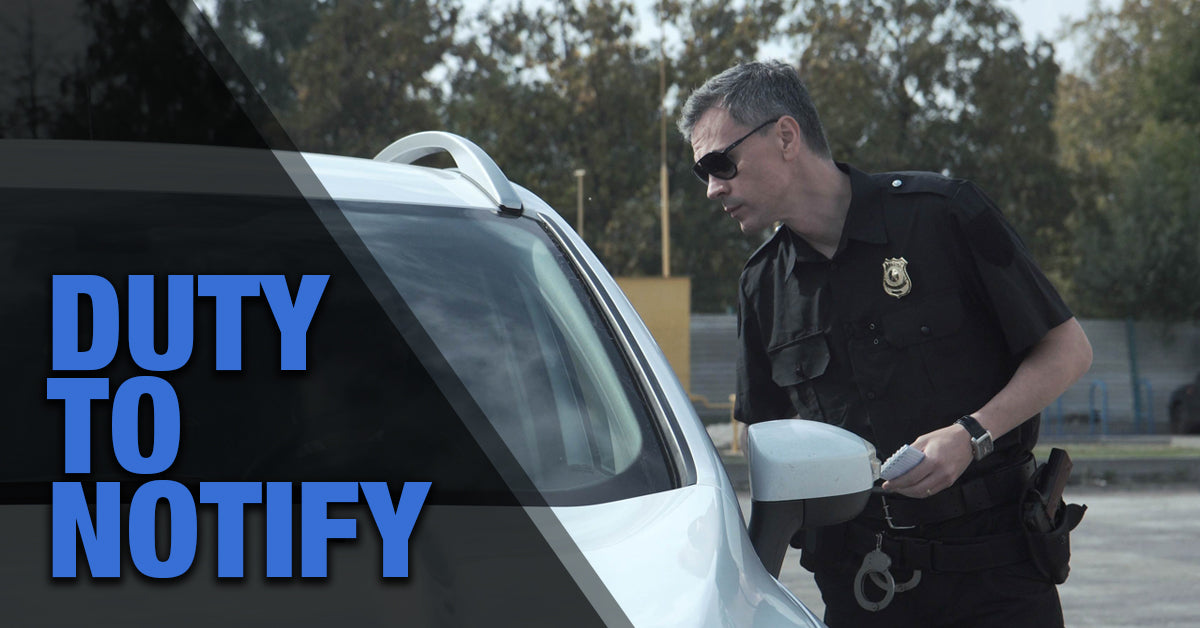
You should always know the gun laws in the state you are in whenever you’re carrying your gun in that state. Specifically for the topic of this article is the duty to notify law enforcement during incidents like a traffic stop.
Failing to properly notify the police during a traffic stop (in a state you need to by law) that you’re carrying your gun in could cost you your license, firearm, or freedom. It’s important to note that gun laws vary wildly from one state to the next. So if you carry a firearm you must understand the laws specific to your state, or any state you may cross into. For simplicity, in this article, we’re going to use the term CHL or concealed handgun license with the understanding that each state calls it something different.
Many states have what are commonly referred to as “duty to notify laws.” These are the laws that stipulate if, and how, you must notify the law enforcement officer that you are carrying a concealed handgun during instances like a traffic stop.
These laws usually (please remember to check your local laws) relate to being detained by the police. In other words, a consensual contact between a citizen and a Law Enforcement Officer (LEO) does not require you to notify them that you’re carrying your concealed carry firearm. However, if you are being detained and are considered “not free to go” for an investigation or detained by the LEO to issue a summons for a traffic violation, the “duty to notify law” (if the state has one) would be applicable.
One of the biggest issues with the condition of gun affairs as they currently are in the United States, is that all 50 states have different laws regarding things like the duty to notify law enforcement. We highly recommend that you research and know the gun laws for your home state as well as any state in which you’re traveling so you can be better prepared for any of the scenarios you may find yourself in, including a traffic stop.
When to notify:
When are you supposed to notify the police that you’ve got your concealed gun on you?
The actual answer to this question may vary from one state to the next. There are general guidelines, however.
Many states that require notification ambiguously describe when or how the citizen must notify the law enforcement officer and many of them are different. Upon first contact is usually a good place to start.
Sadly, a violation of this law can result in the suspension of your license. For example, if the law were to state (like many do) “the citizen shall promptly notify the LEO …” how do you go about abiding in the laws of that state if you forget?
If the officer does not ask, and you, being nervous, forget you have your handgun in the glove box (not the best place for it, by the way) and have to open it later to retrieve your registration and insurance card, are you in violation of the law? Probably.
As a rule of thumb, always try to notify the LEO when the laws in that state suggest.
Notification without the duty:
There are many concealed gun carriers who have made the decision that they want to inform the police officers out of respect each time they have interaction with a cop.
There is nothing wrong with this outlook, the only advice we have here is to have a general idea of what you’re planning to do beforehand. That way, you know what you’re going to say. These people tend to have the thought that it puts the officer’s mind at ease a bit because chances are excellent that if a criminal wanted to shoot a cop he wouldn’t go about telling him he has his CHL first.
These people aren’t wrong in their assumptions.
Tips for police interaction:
Regardless of everything we’ve discussed so far, the way you interact with a cop will either help you or hurt you. If you’re in a duty to notify state while carrying a firearm and are stopped by the police try to do the following:
- Remain calm
- Follow instructions
- Don’t try and legislate the traffic offense right then
- If possible roll down the windows (front and back) and turn on the interior lights
- Don’t draw your firearm to place it on the dashboard
- Keep your hands visible. Holding the steering wheel can help keep nervous hands from subconsciously reaching around the vehicle
- As soon as possible, notify the LEO that you have a CHL and that you have your firearm today, adding where the gun is ie., in an IWB holster, in the glove box, center console, the purse, etc., and add “what would you like me to do?”
- Don’t just yell “I got a gun!” or something similar at the officer
- Notify the LEO and say something like “my registration is in my purse, is it okay if I get it now” before reaching. Especially if you have notified the officer that the gun is being stored in a location you have to reach to produce said items
- NEVER hand the firearm to the LEO, even if they ask you to. It’s just a bad idea because negligence is increased during nervousness. If the LEO insists on disarming you, tell him that you don’t want to handle the firearm at all during the stop, and they can disarm you if they feel it necessary
In summary, always know the gun laws in the state you’re in when you have your gun. And because not all states have a law where it’s required to tell the police you’ve got your gun on you during a stop, it’s also always the best idea to know what you’re going to do beforehand. Some folks still inform the officer they’re carrying, even when they’re not required to do so. These people generally do this out of respect for the officer in an attempt to put them at ease.
Knowing the laws in the state you’re in can only help you, and be sure to follow the above tips on what to do during a traffic stop to make sure you don’t get jammed up.
The author of this article is a former LEO in San Diego County.

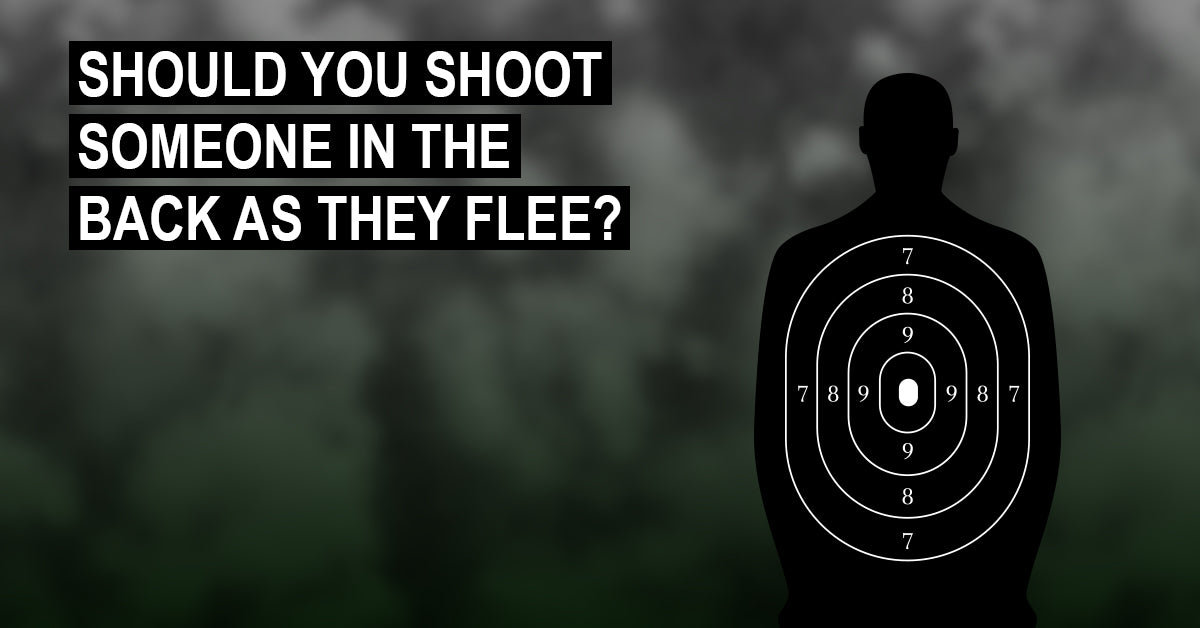
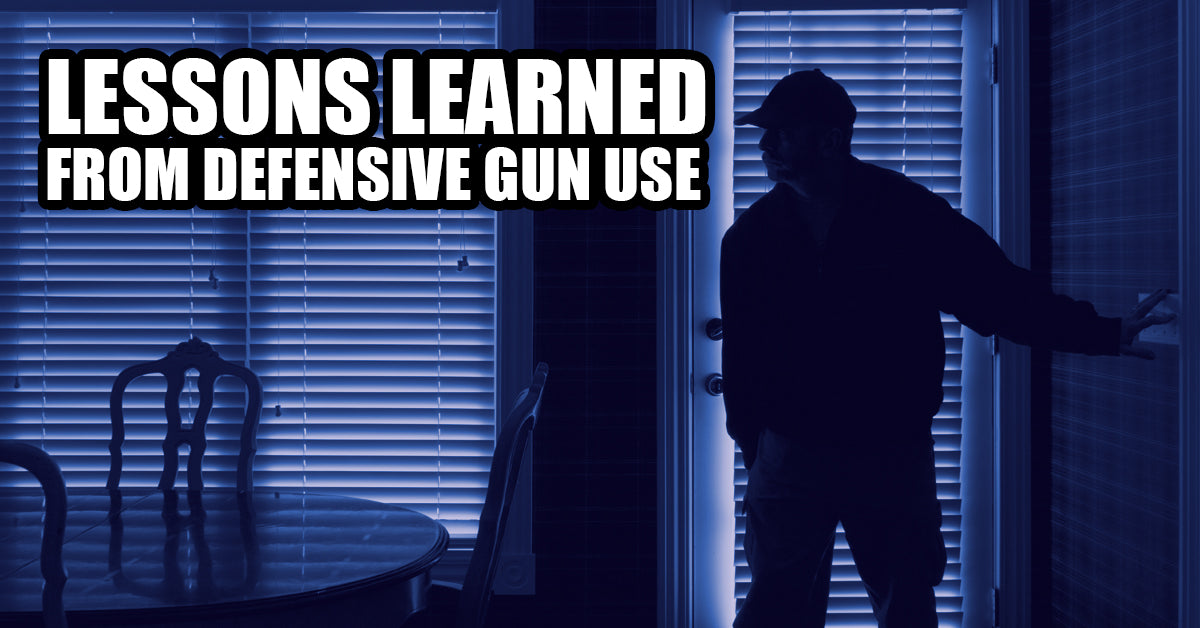
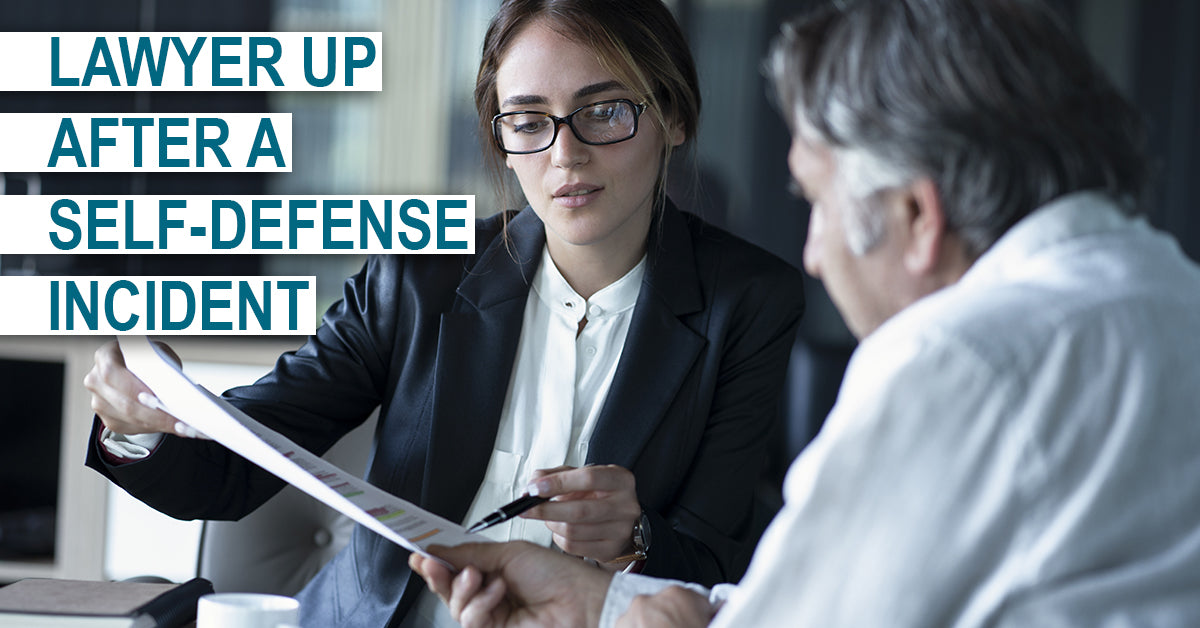
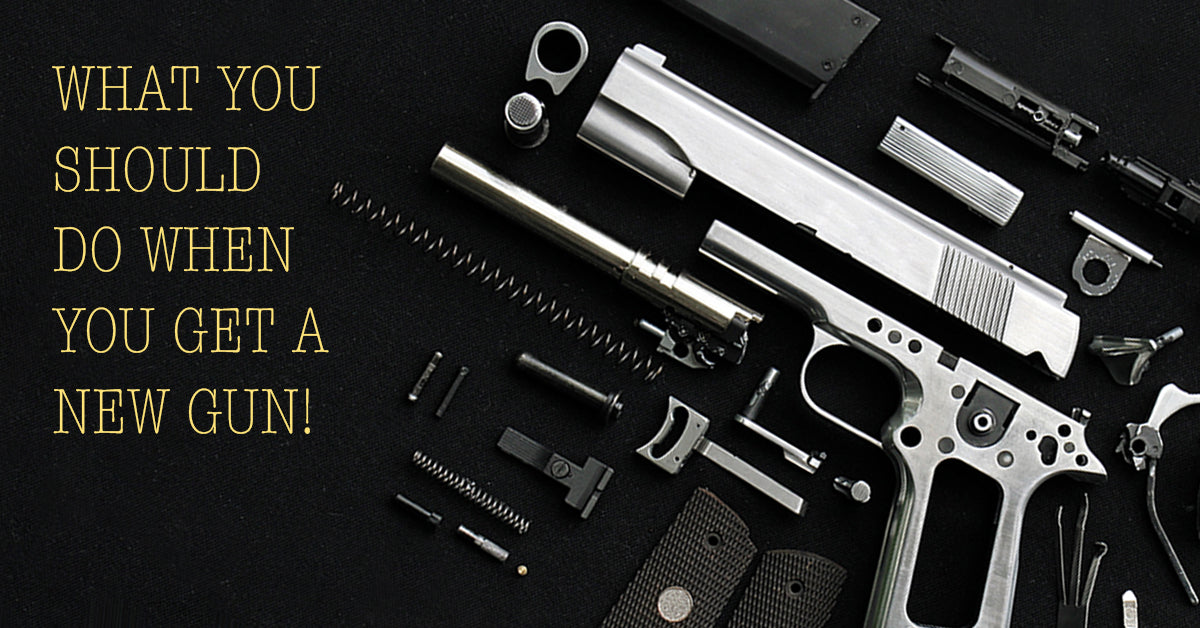
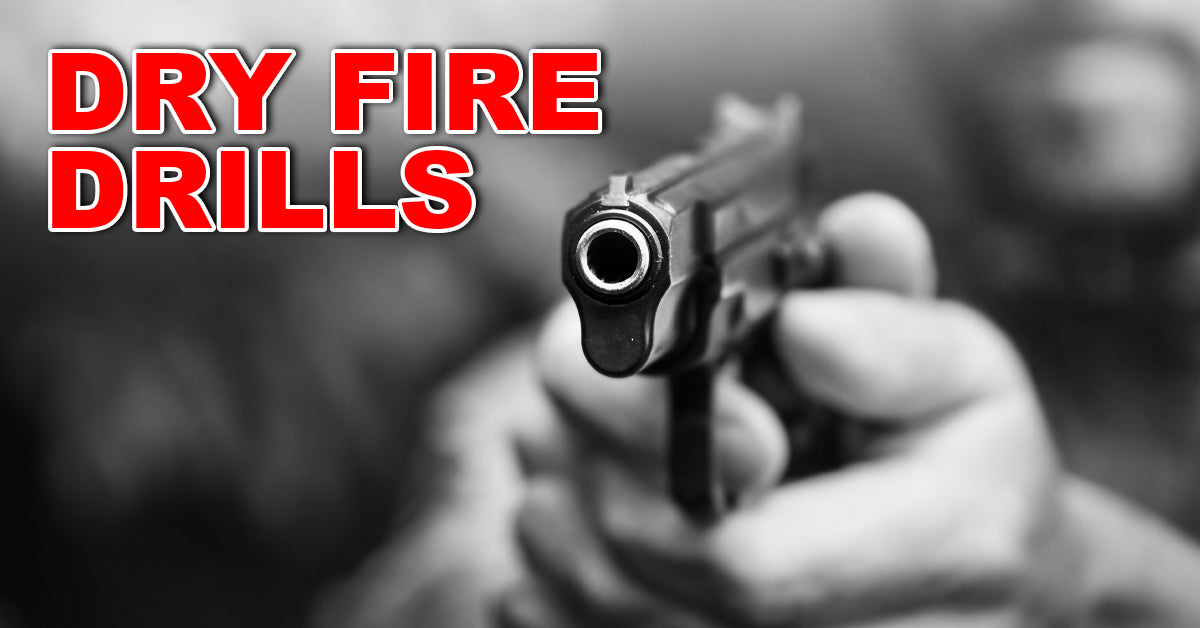
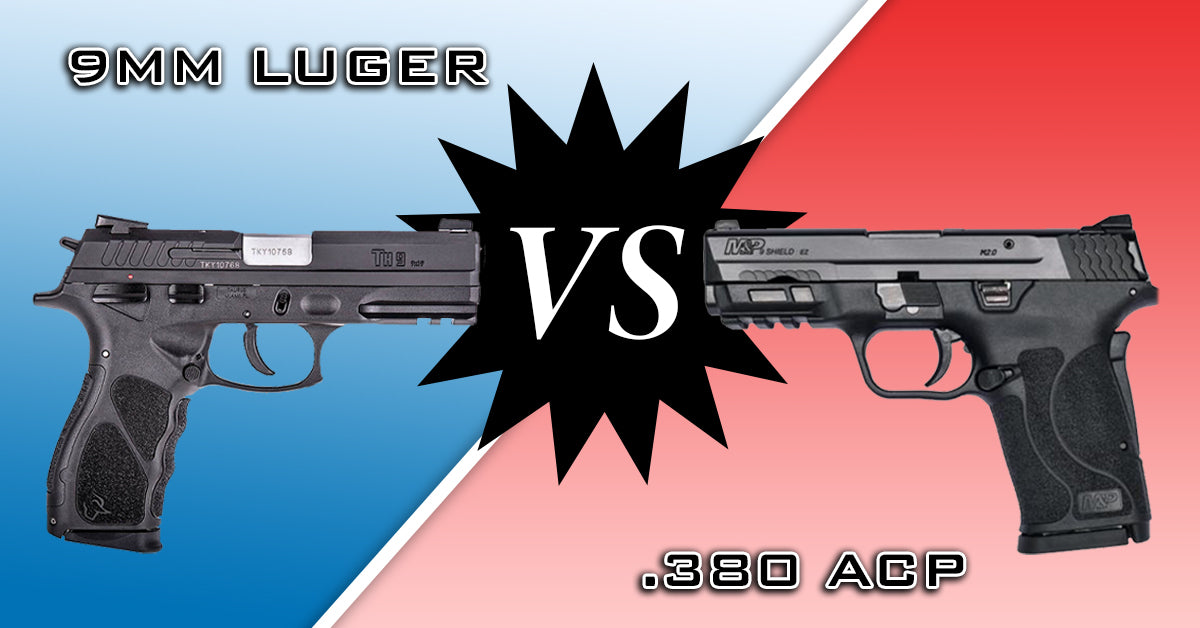
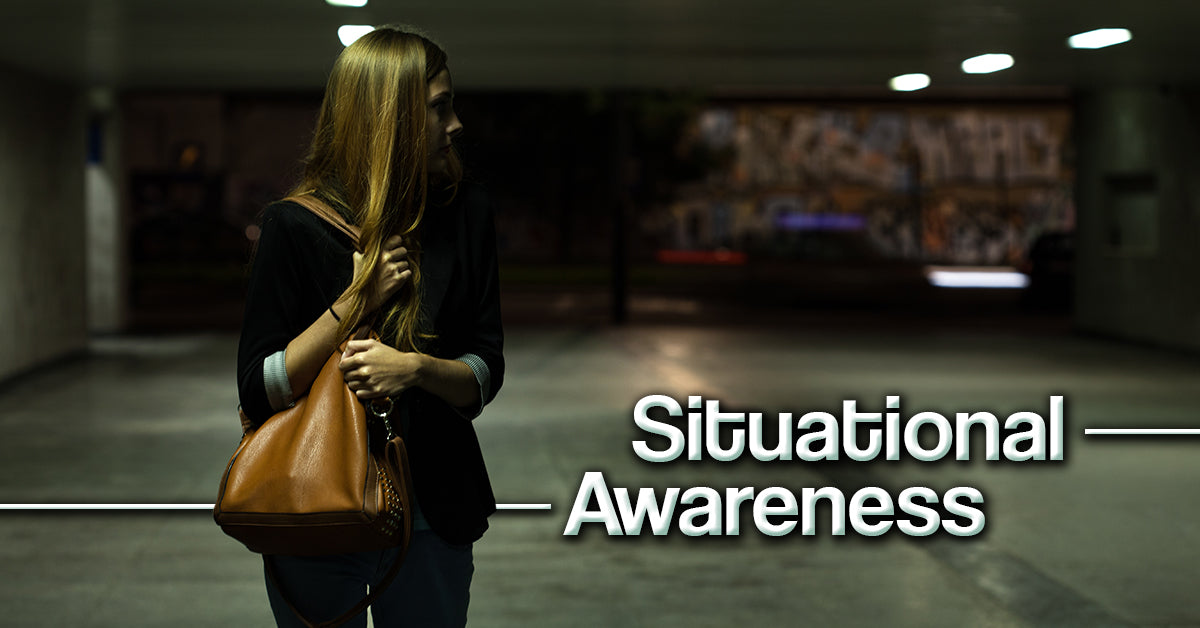
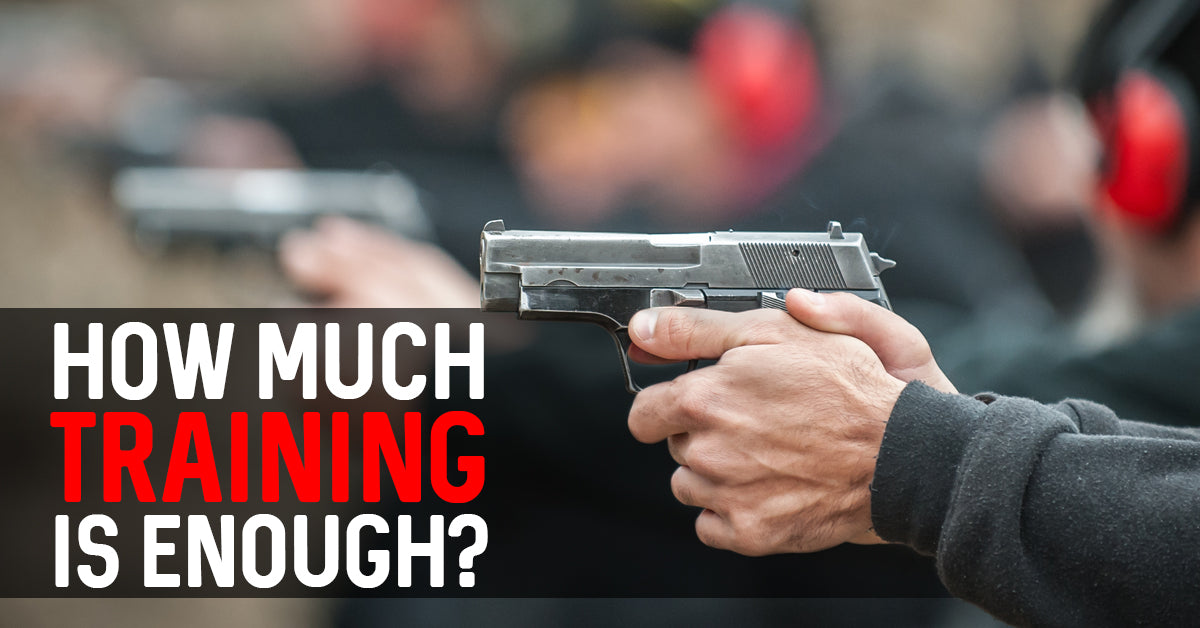
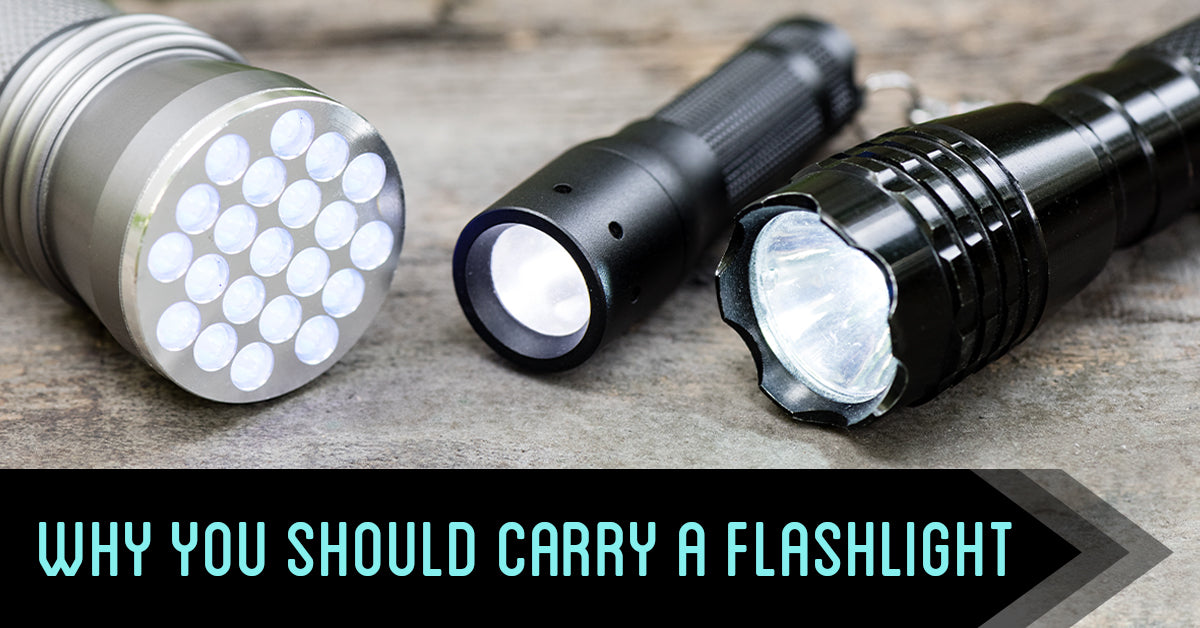
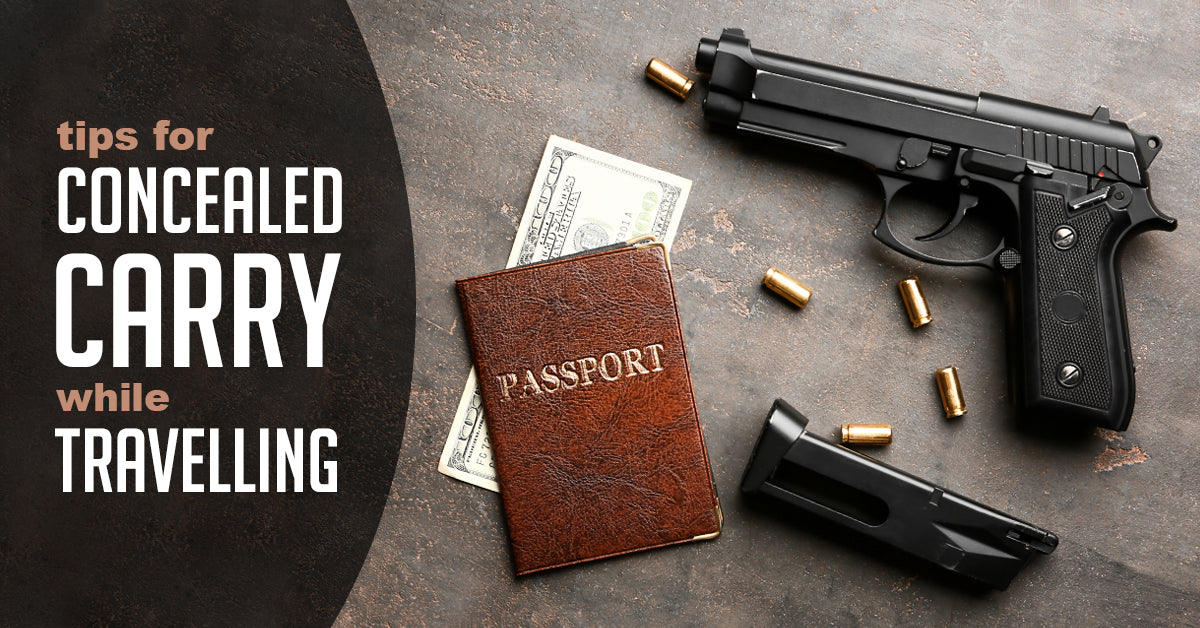
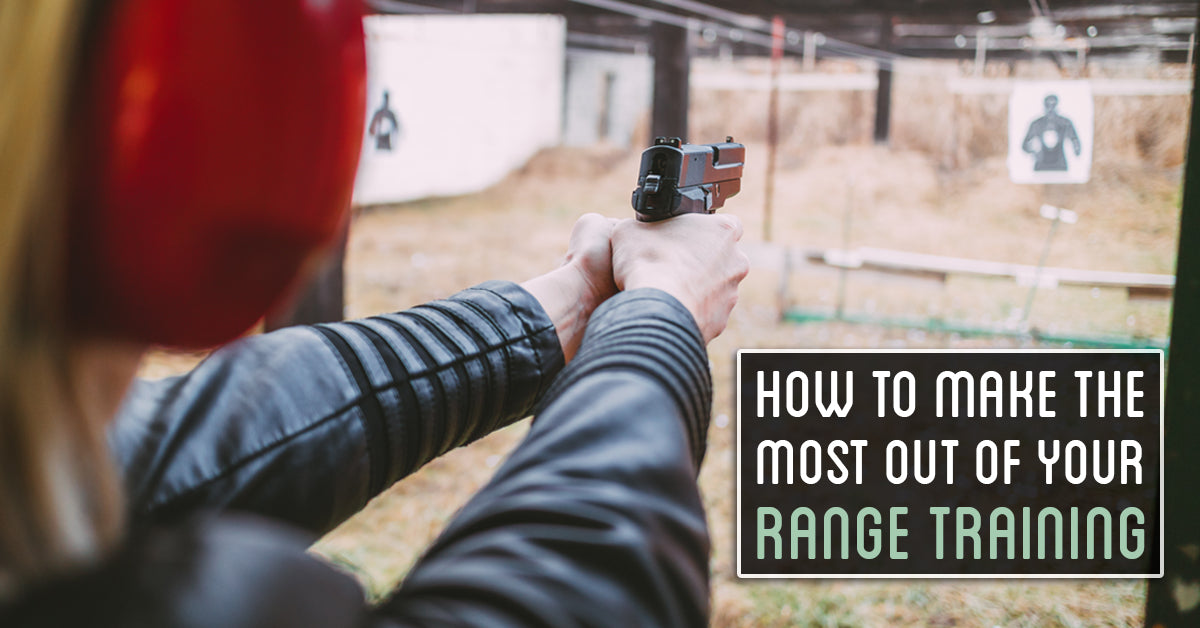
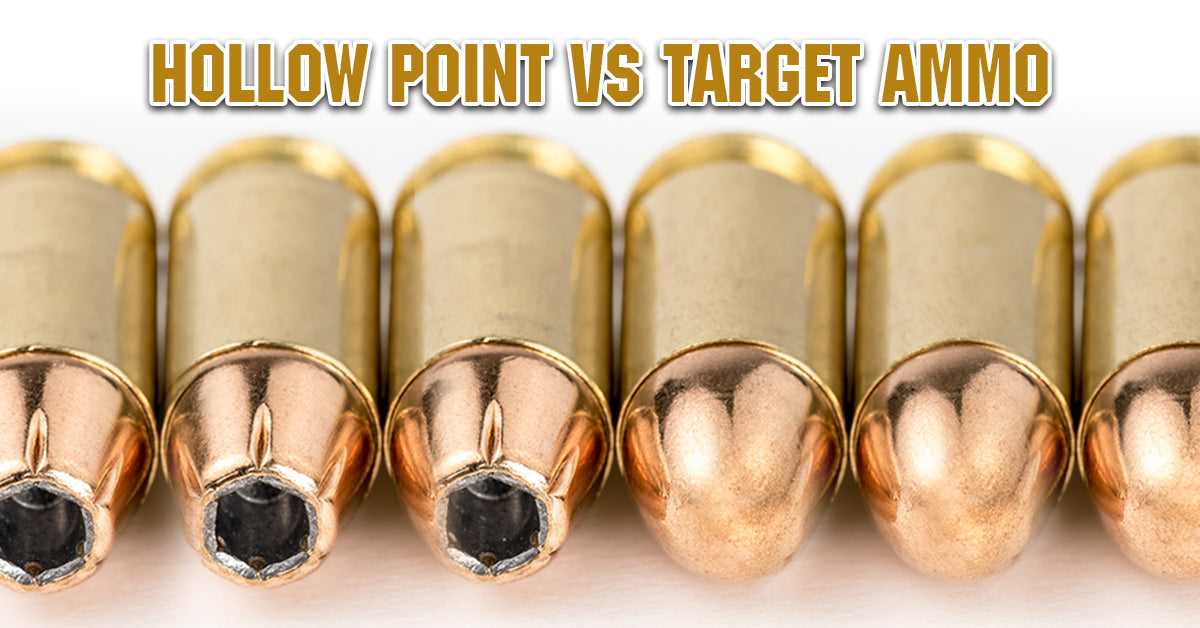
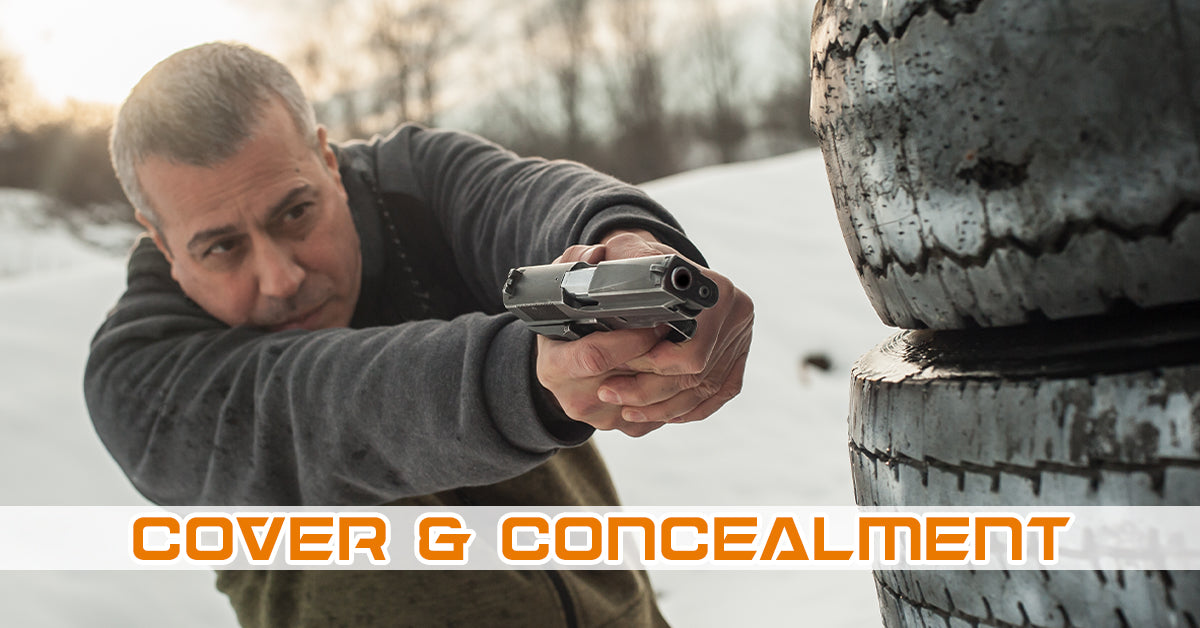
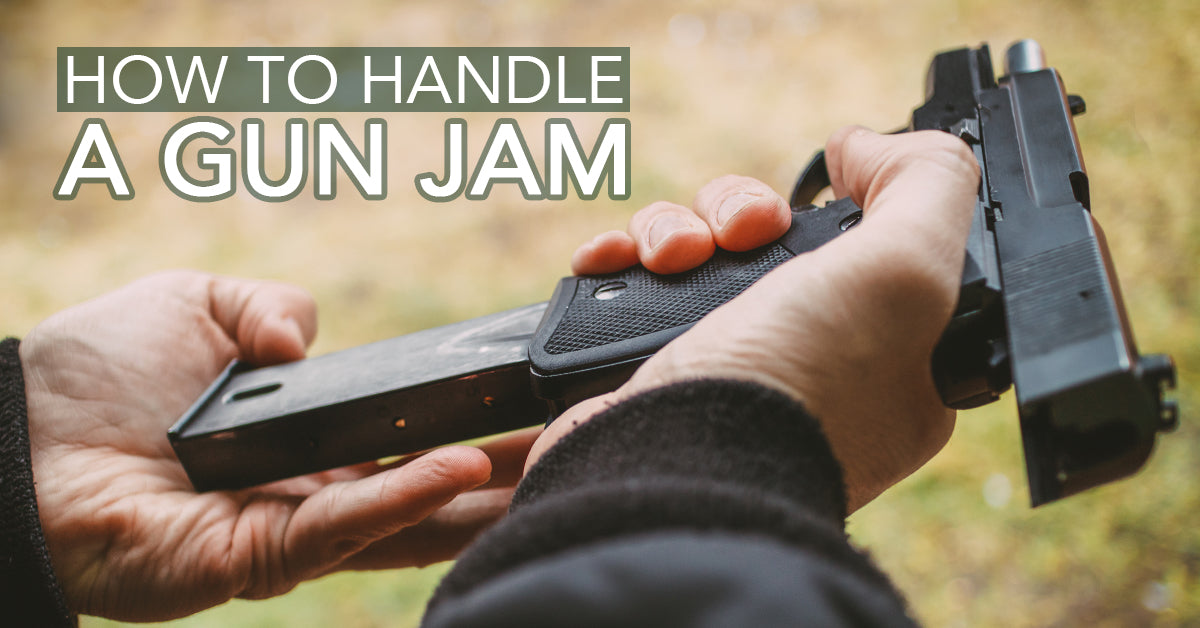
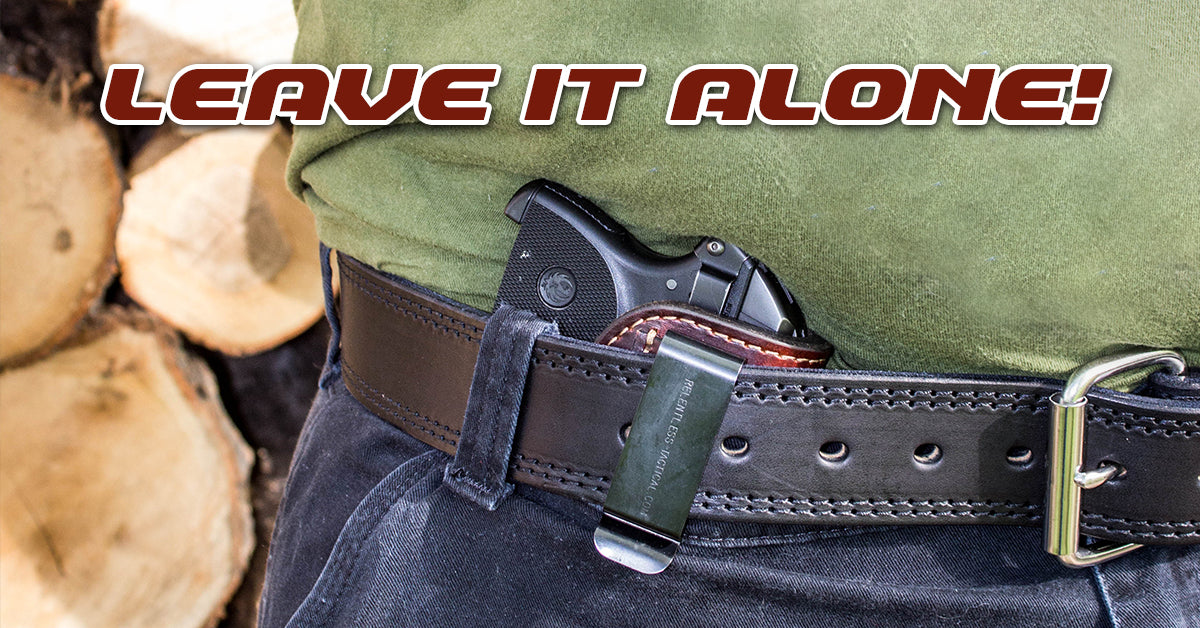
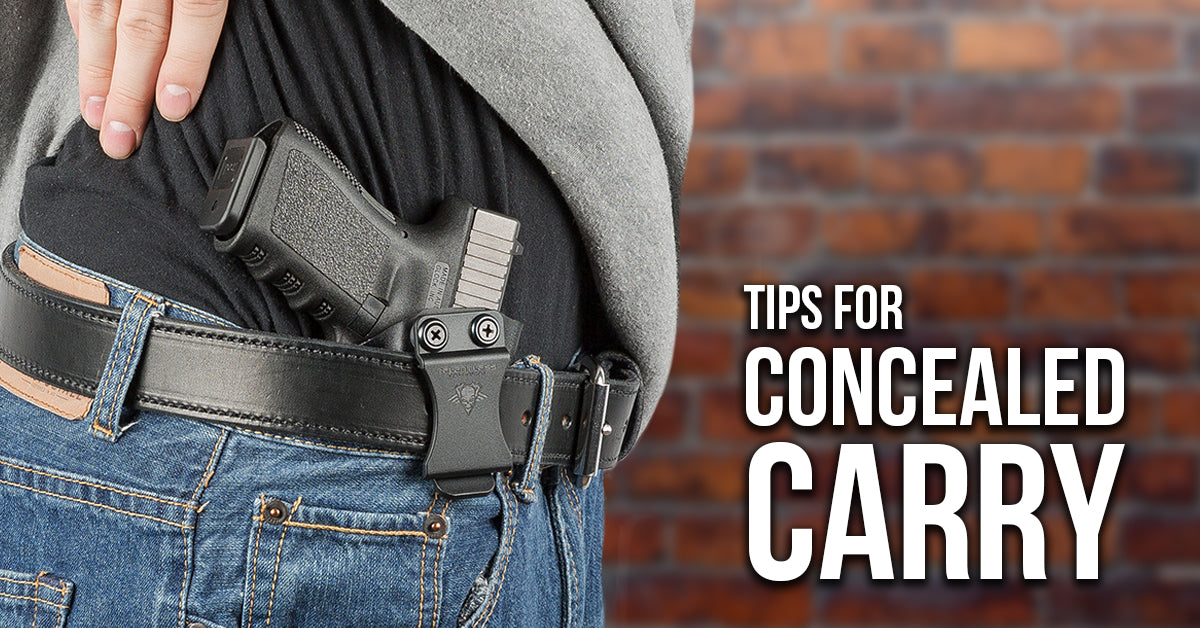
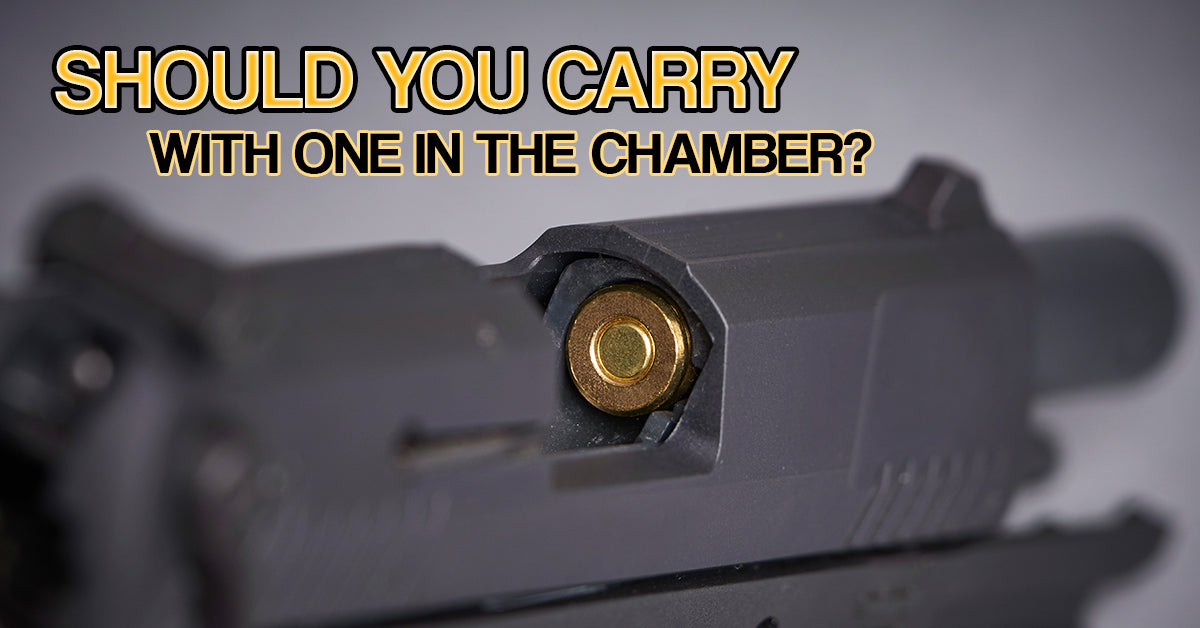
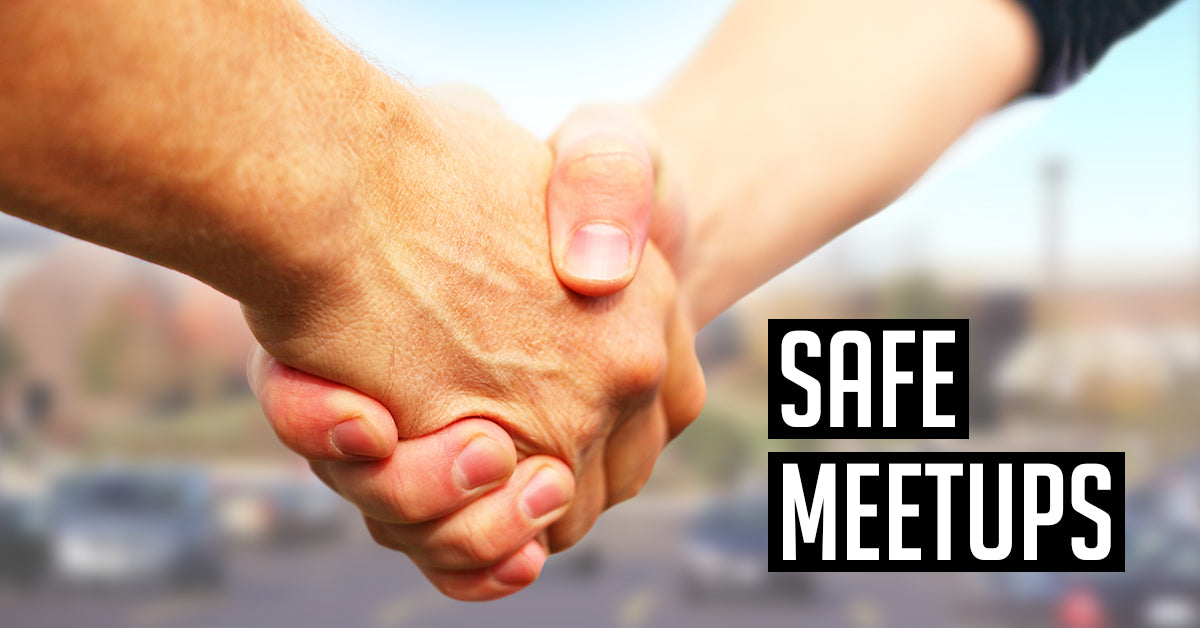
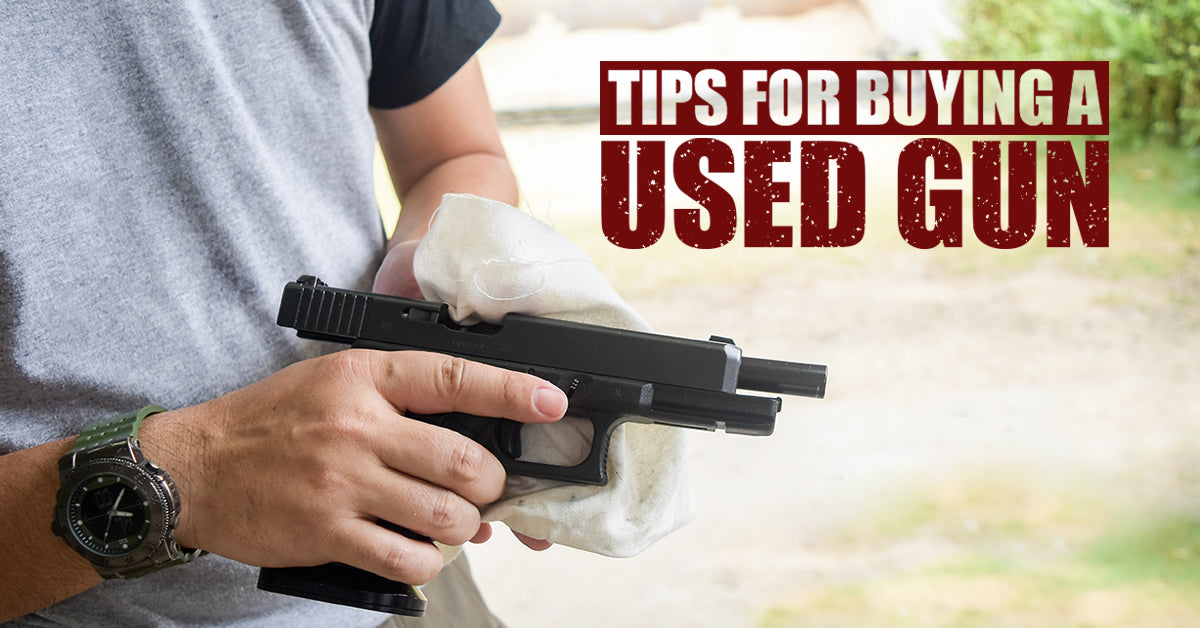
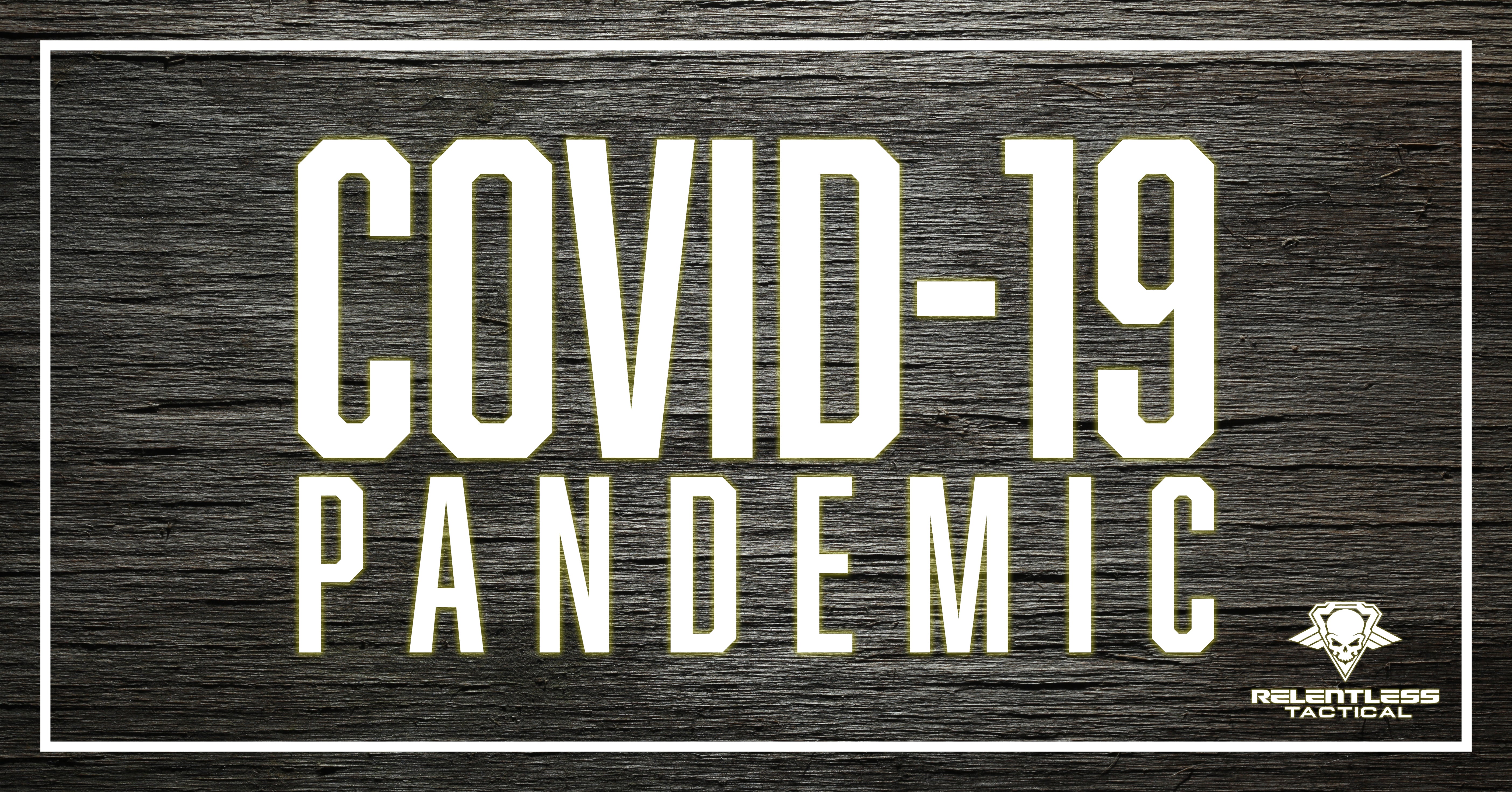
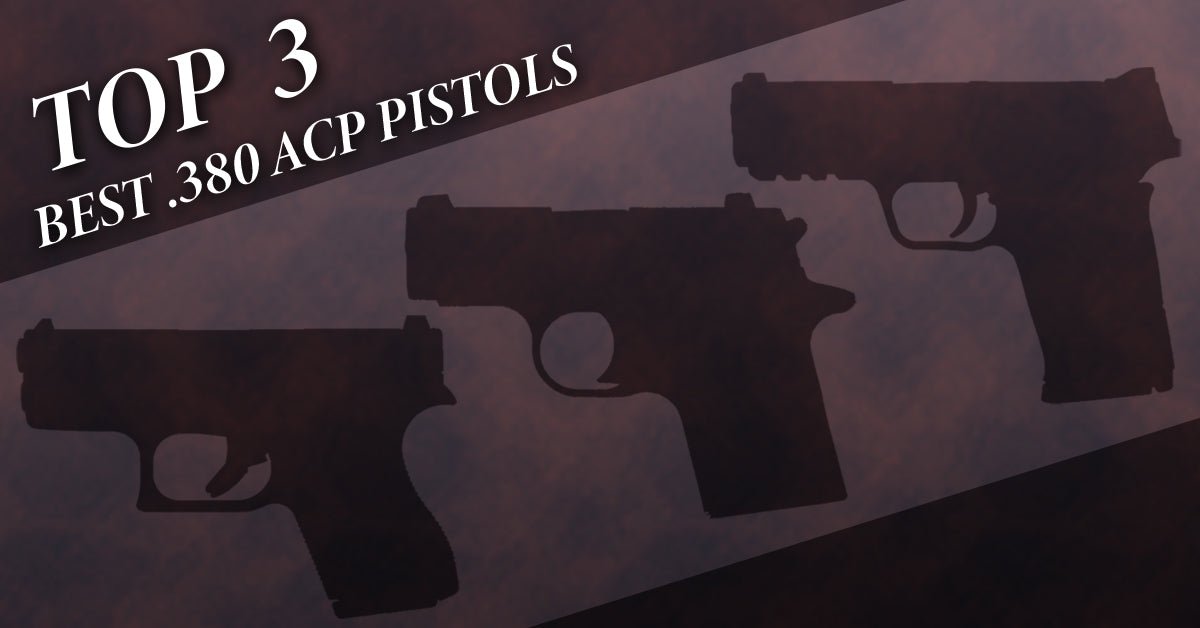
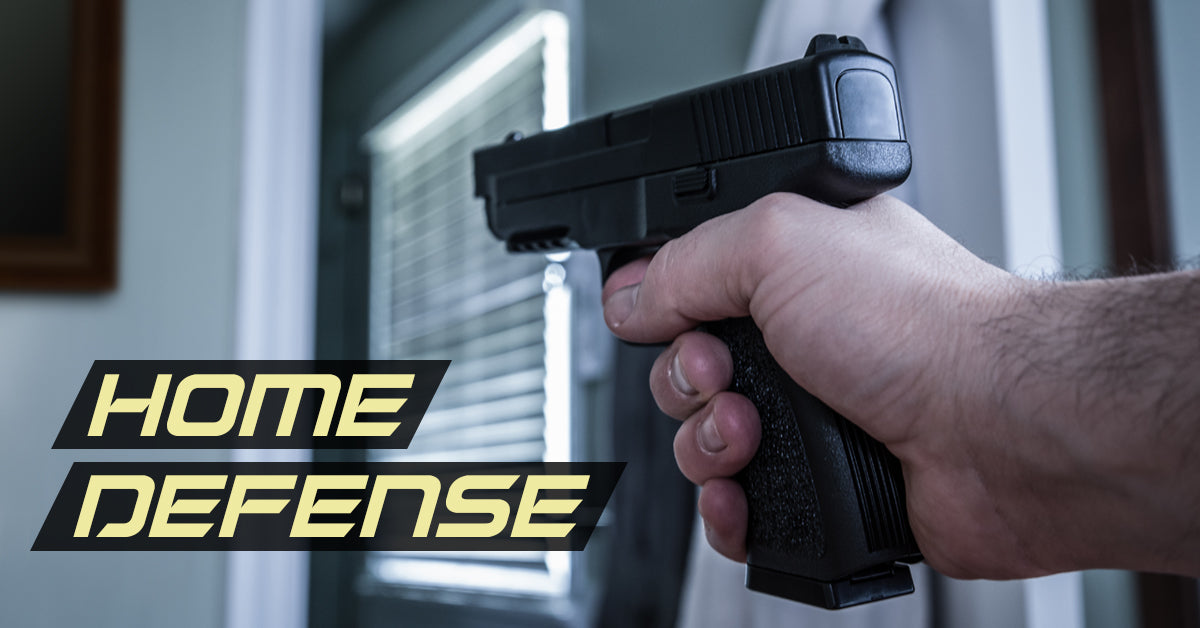
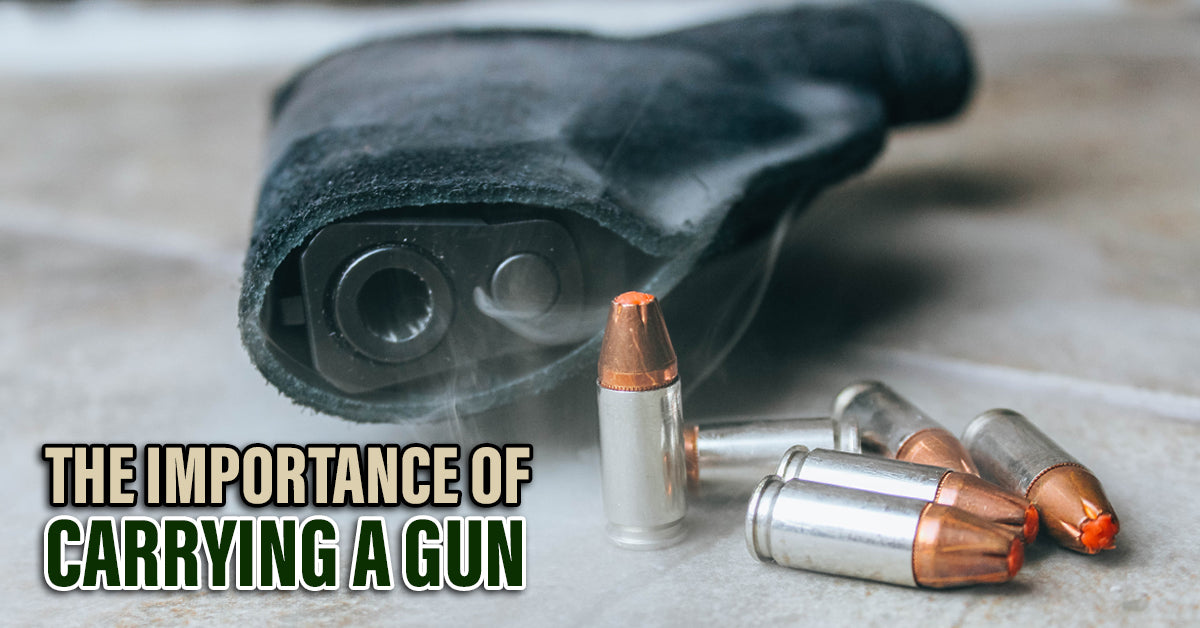
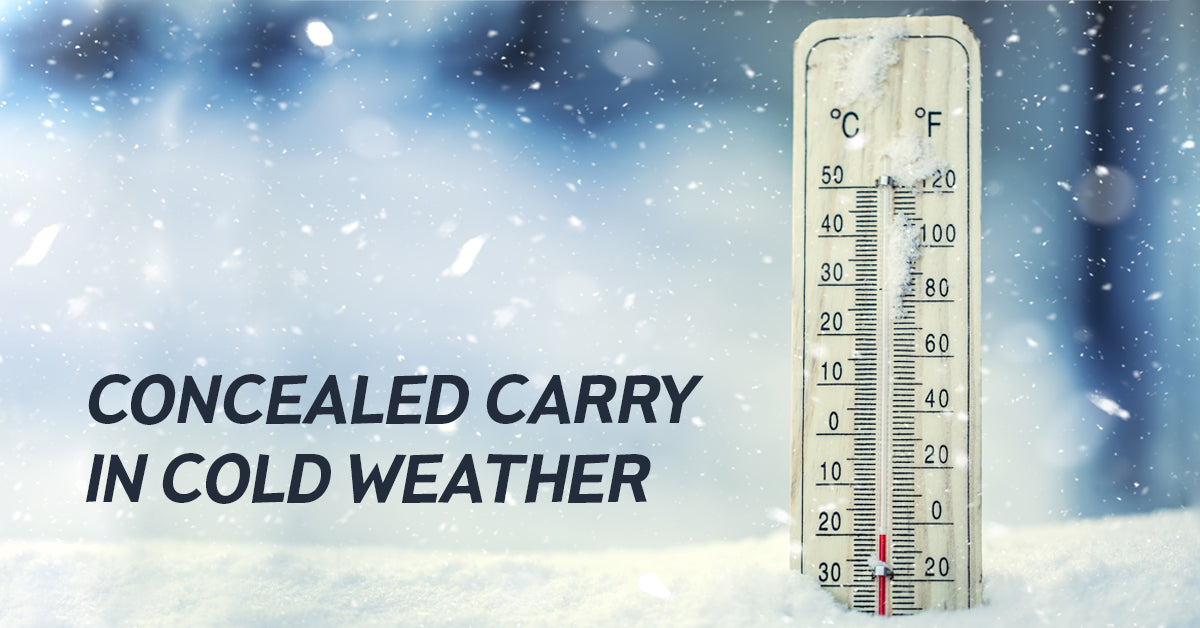
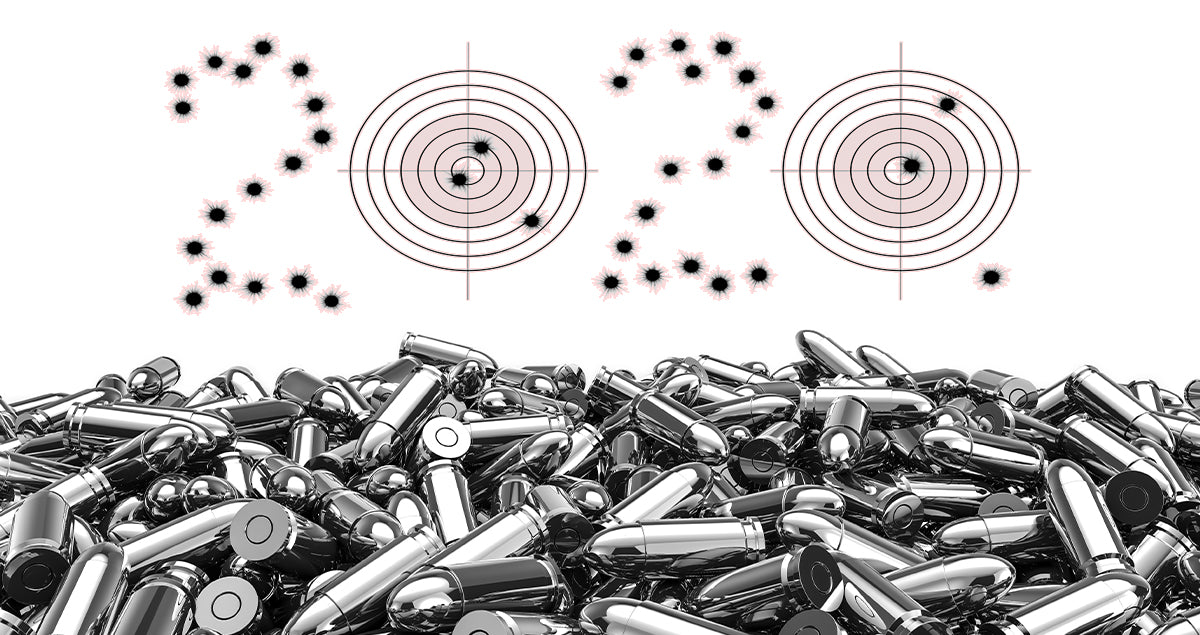
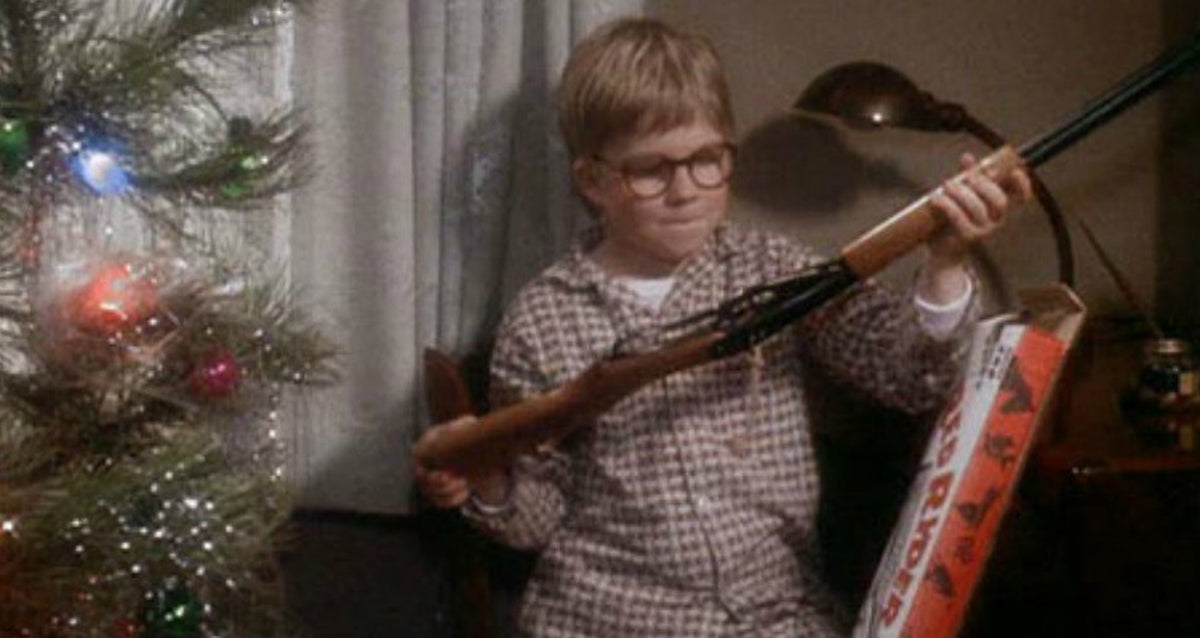
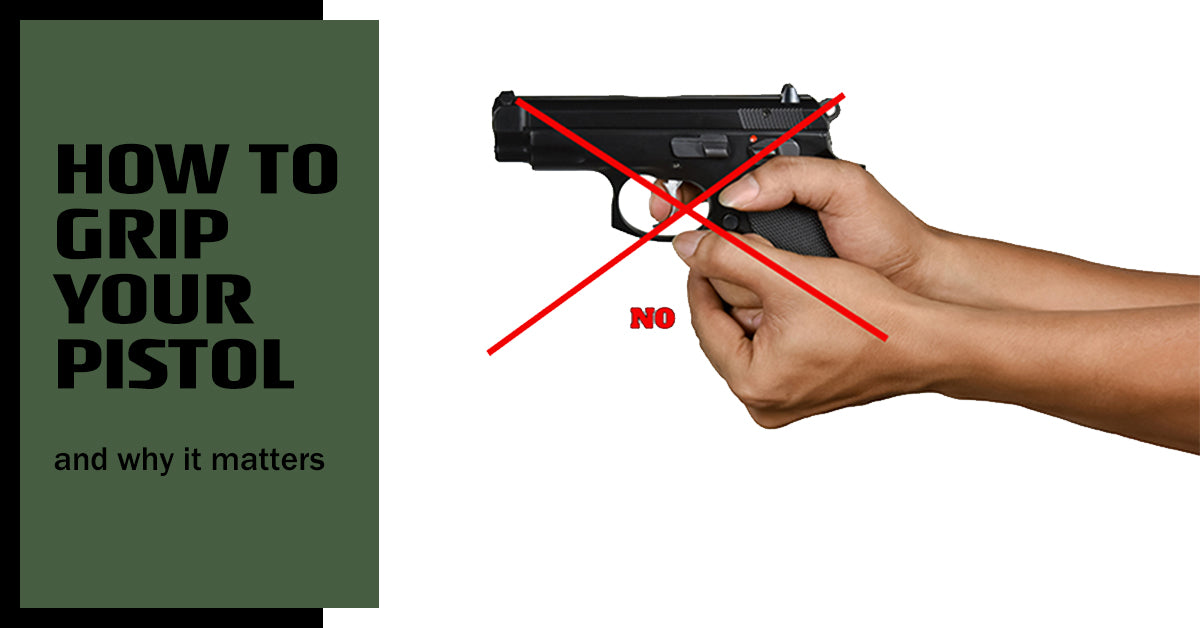
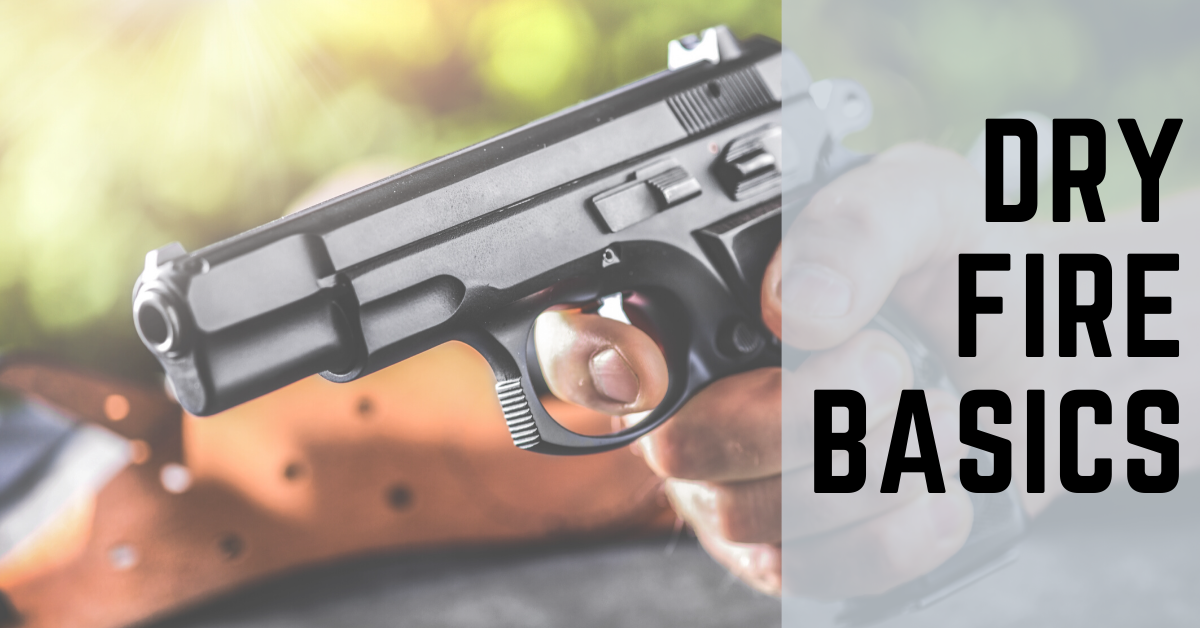
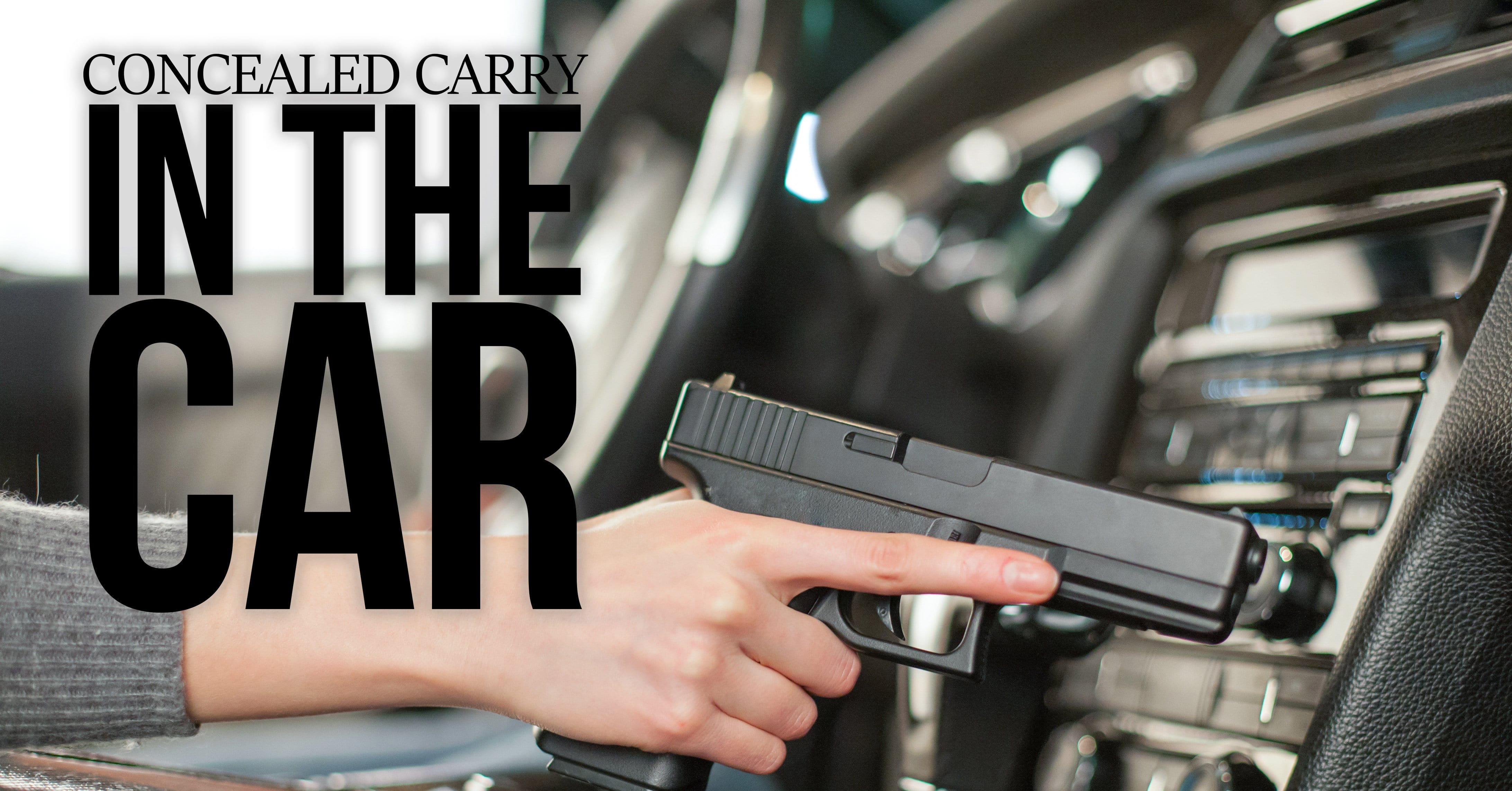
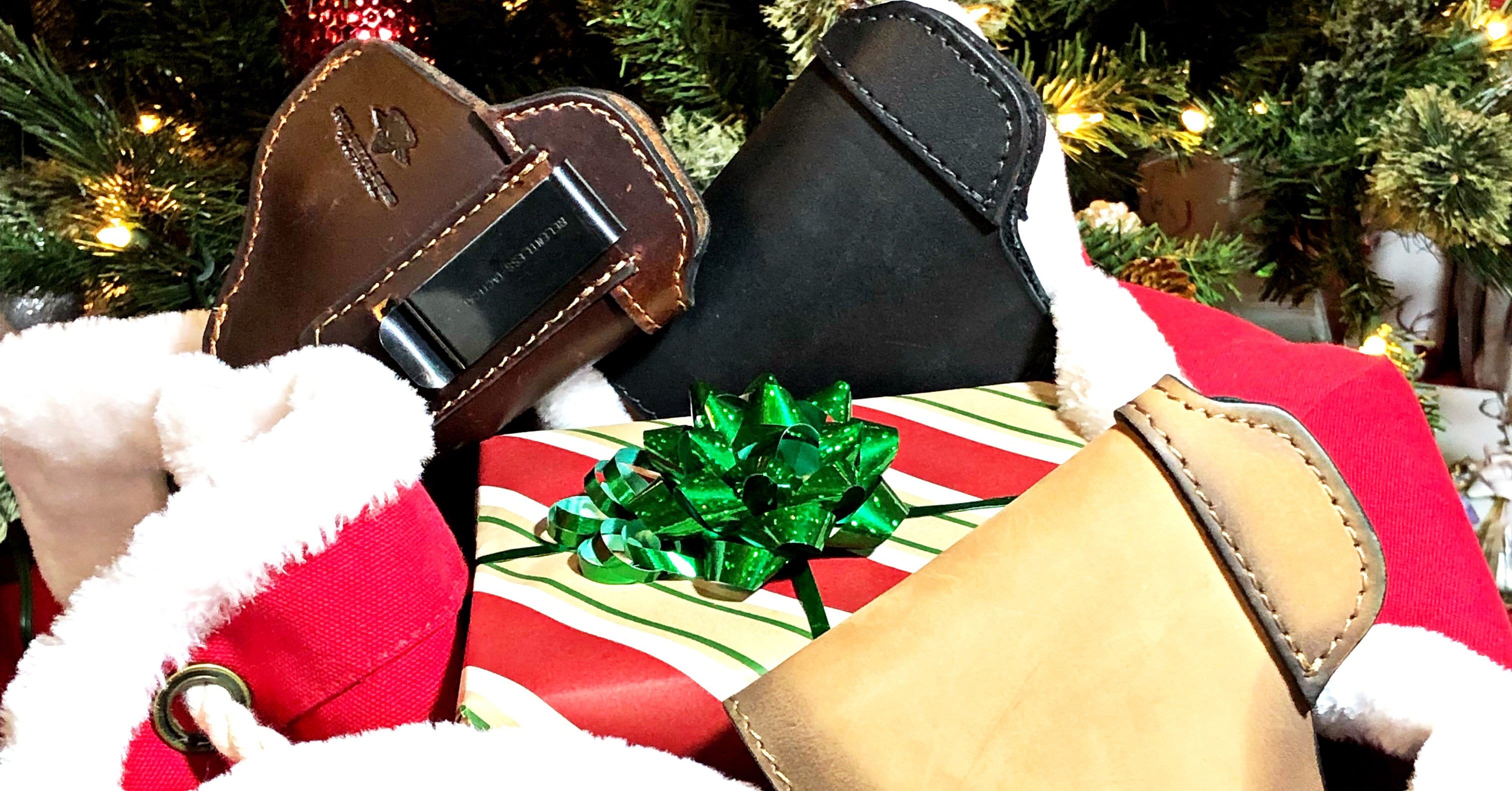
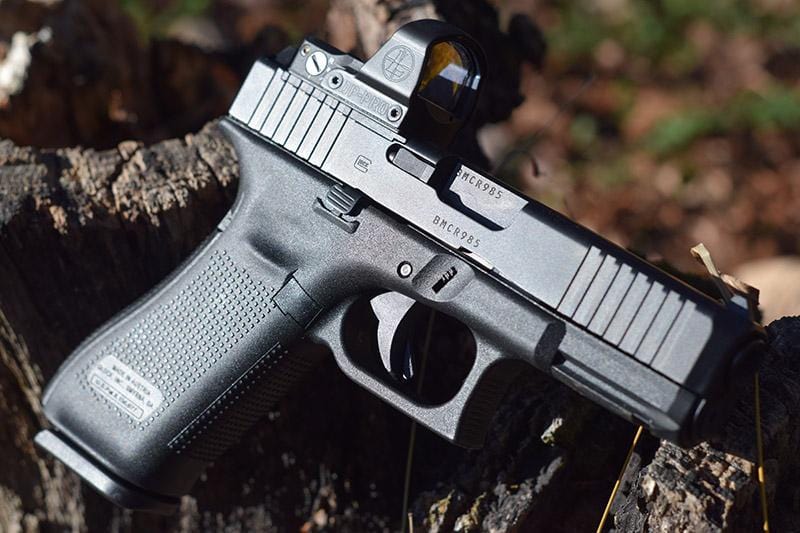
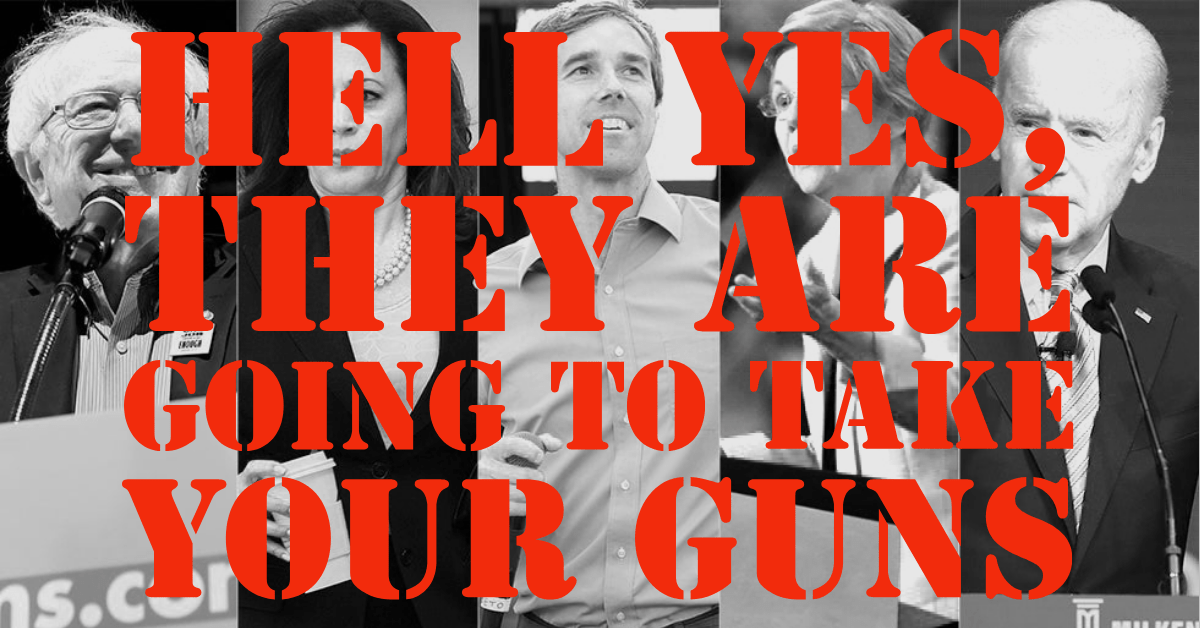
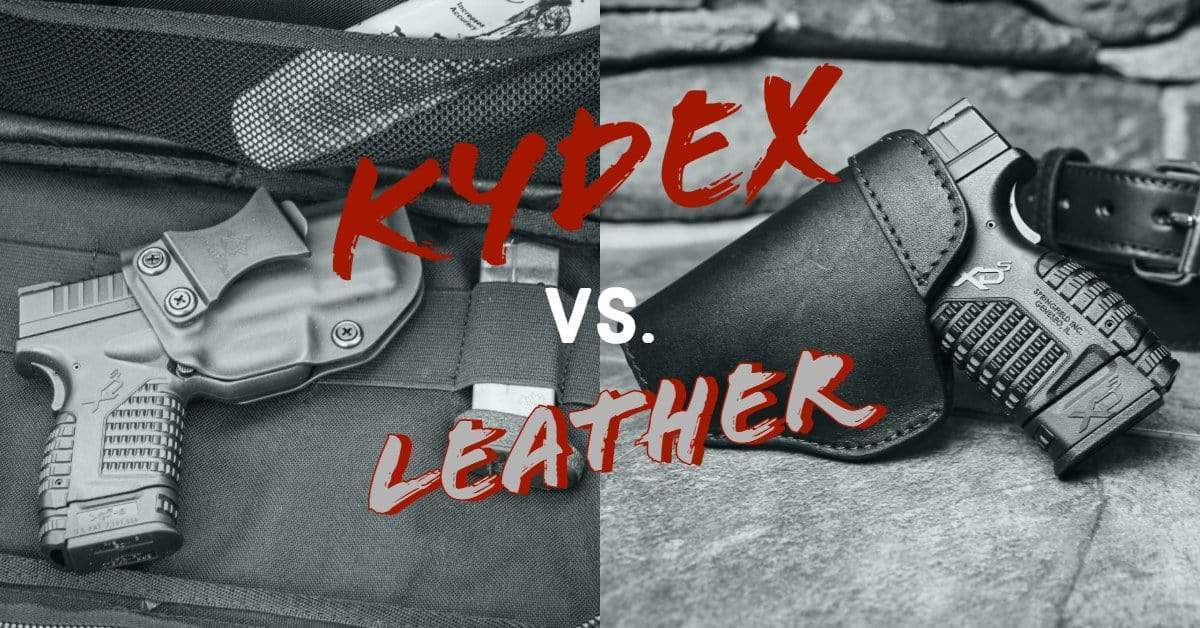
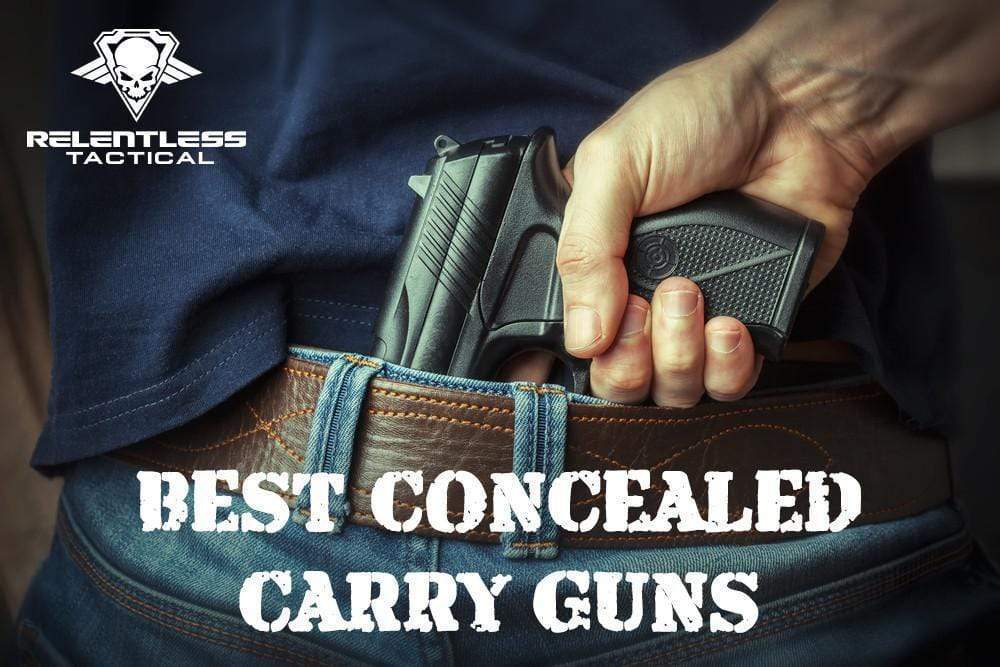
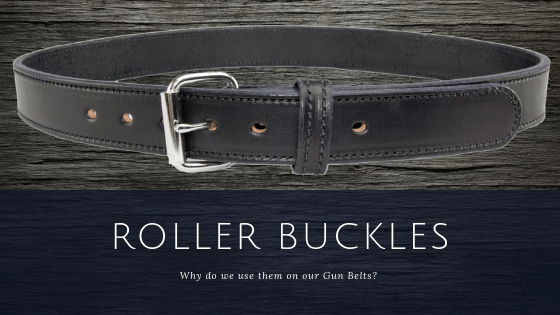
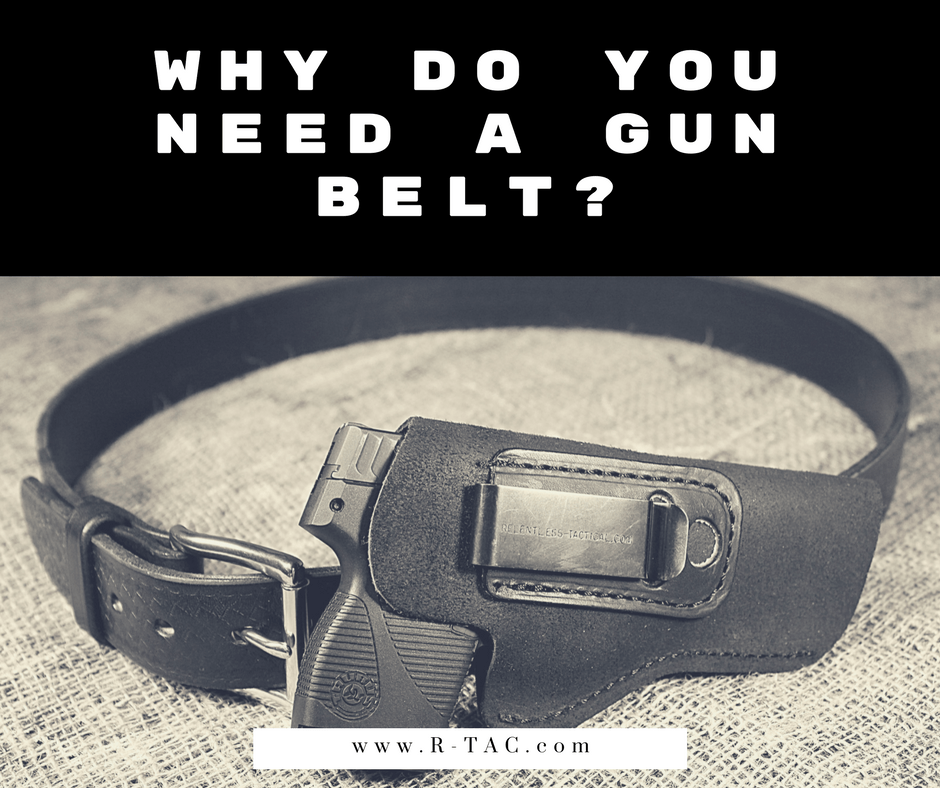
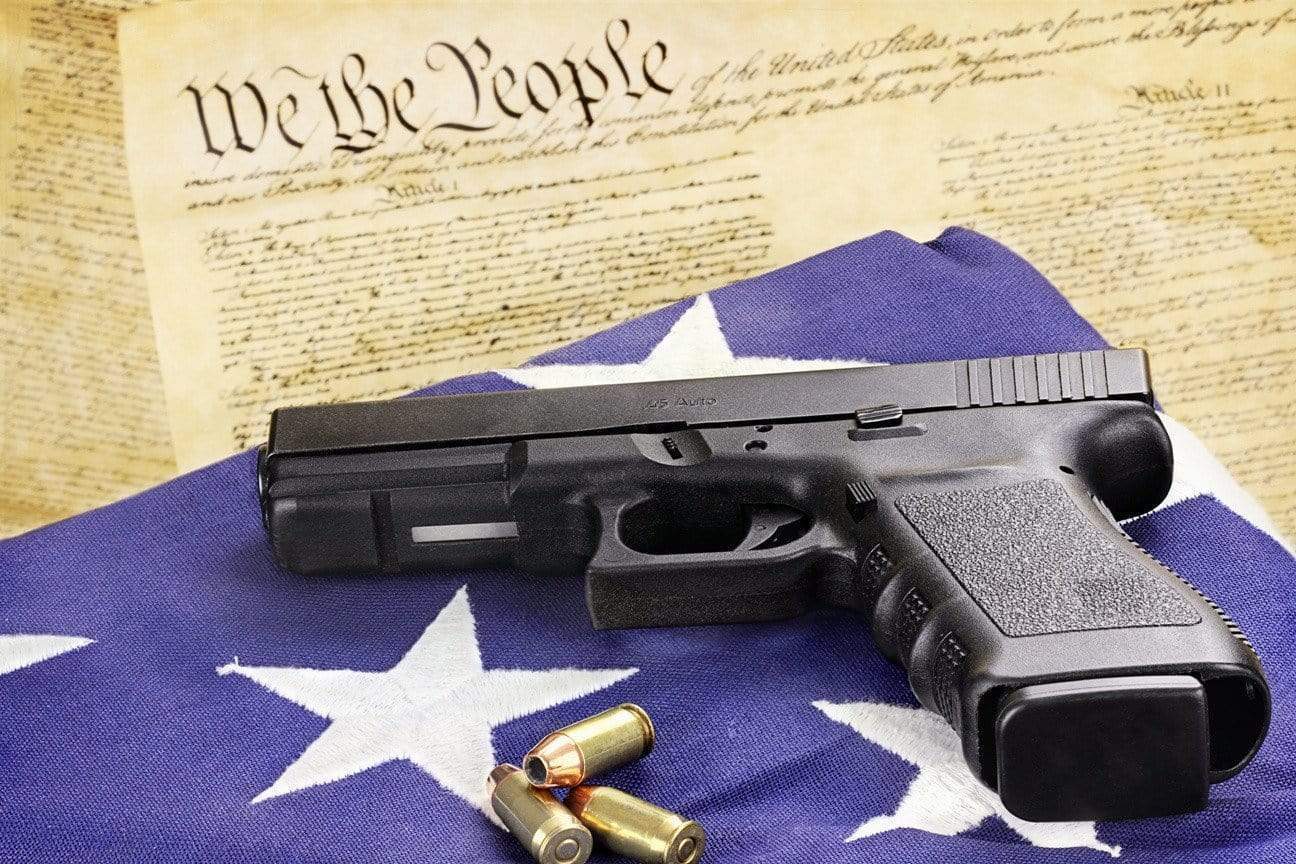
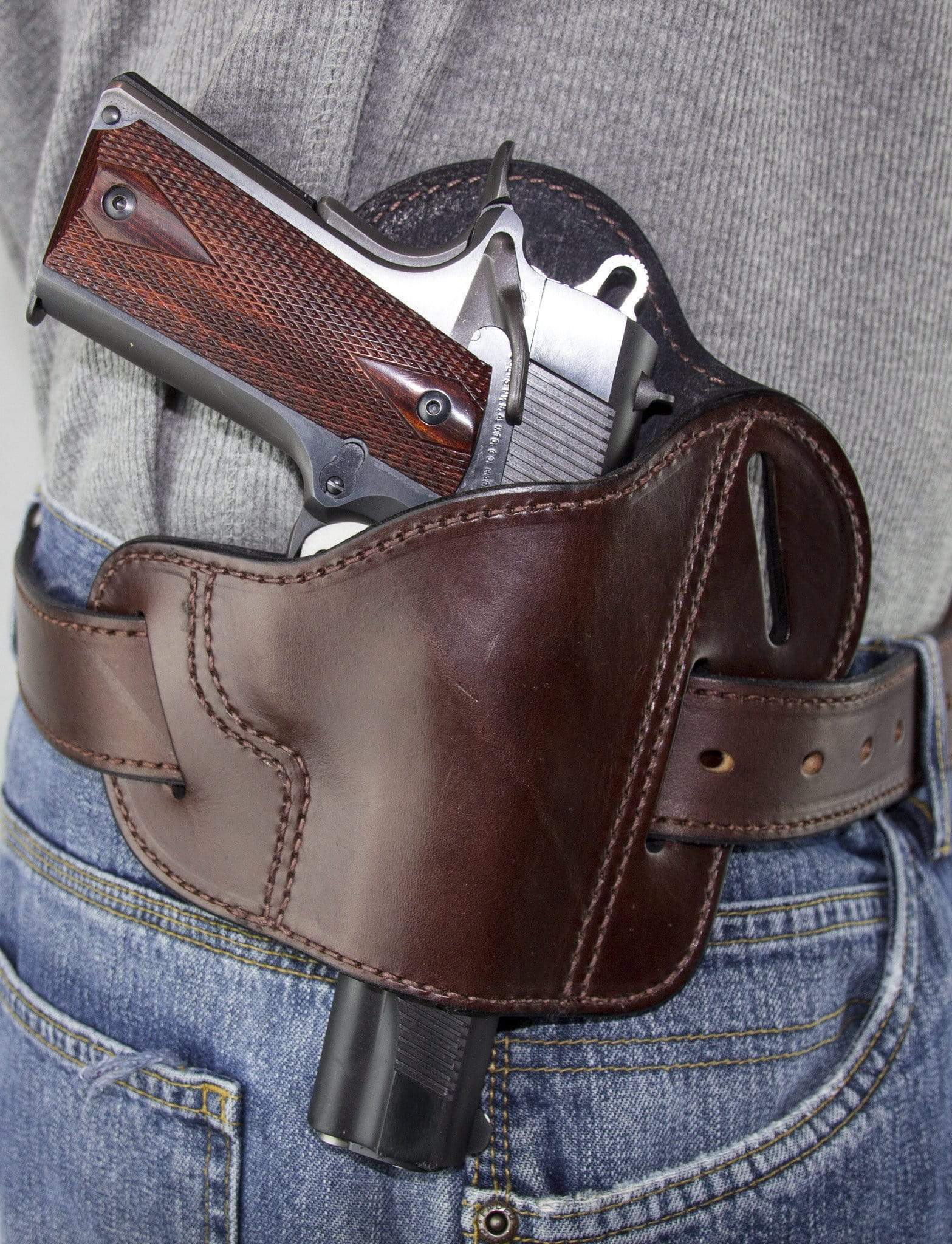
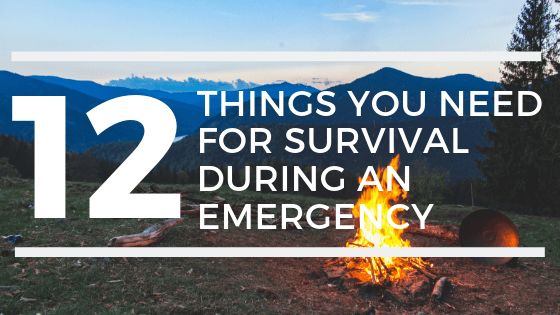
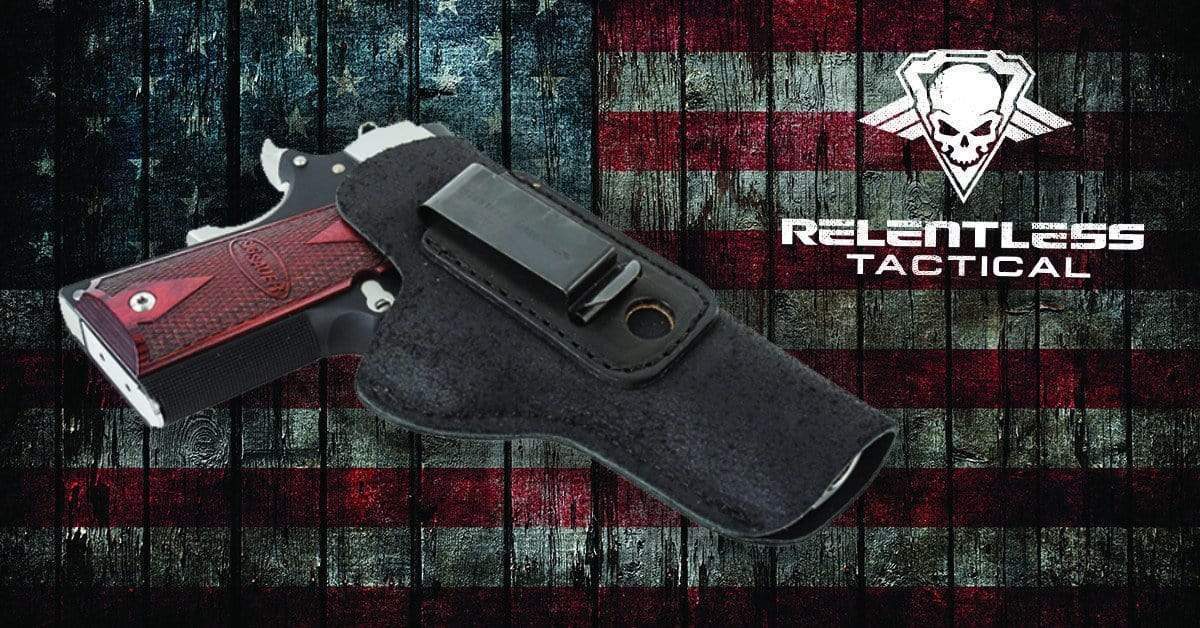
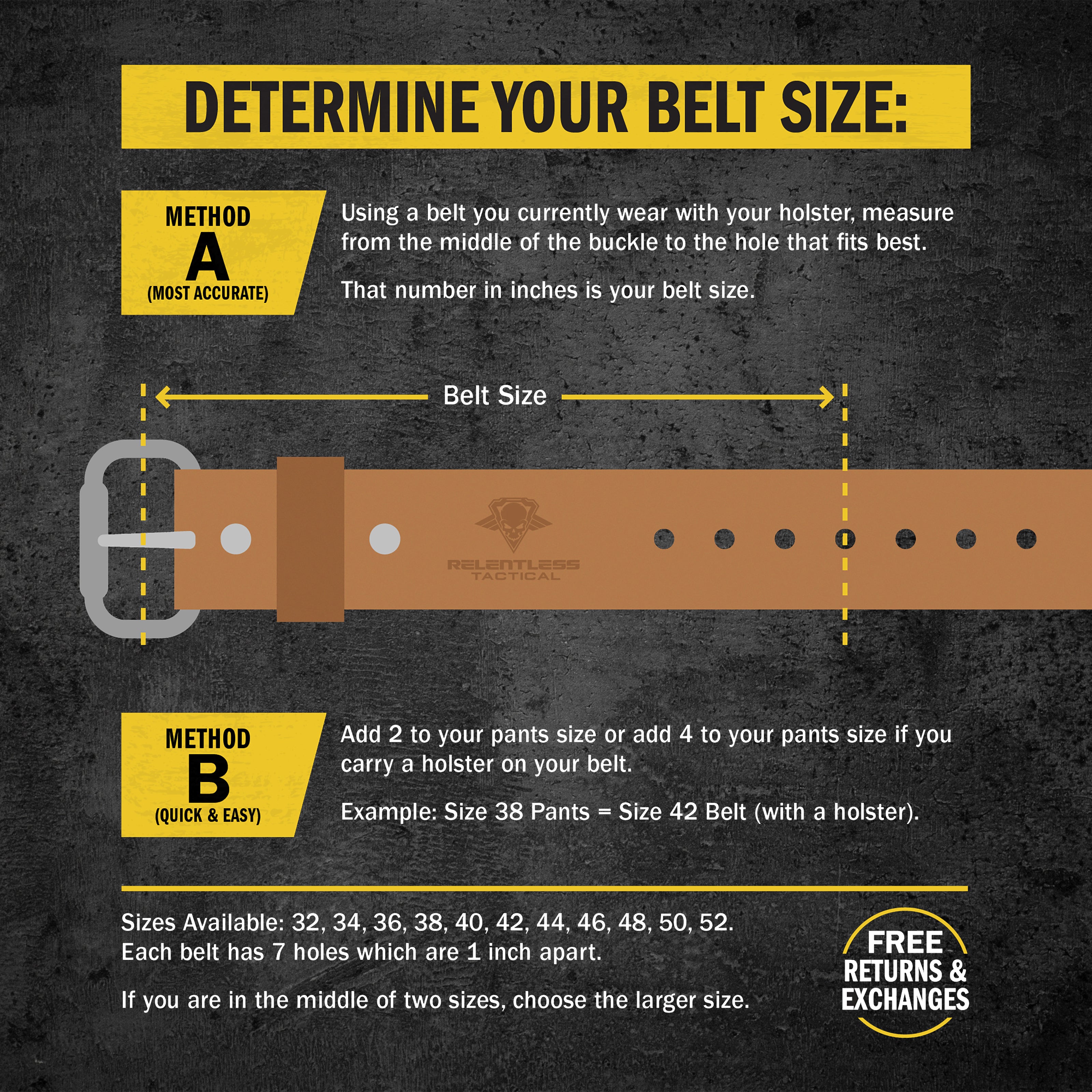
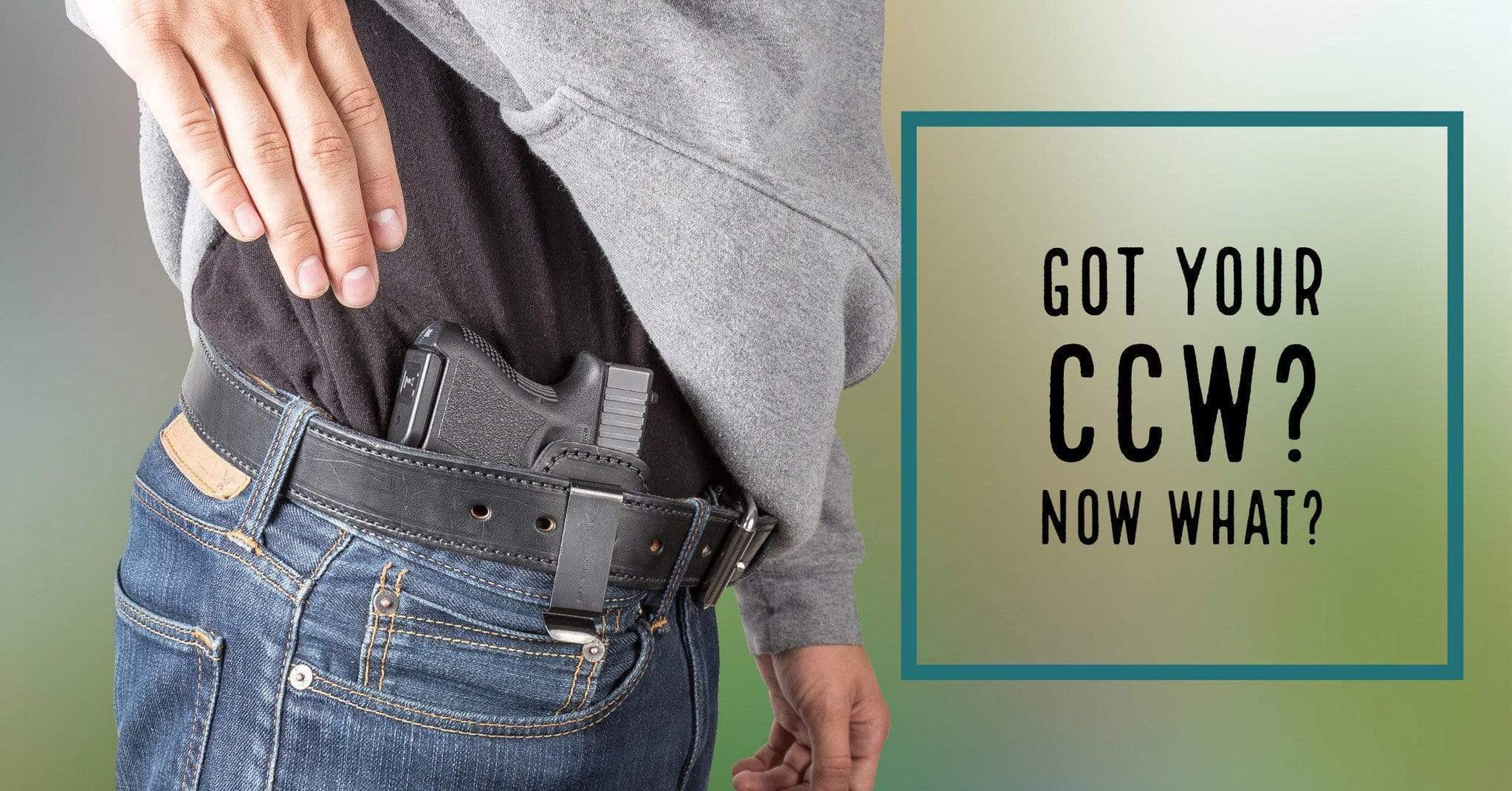
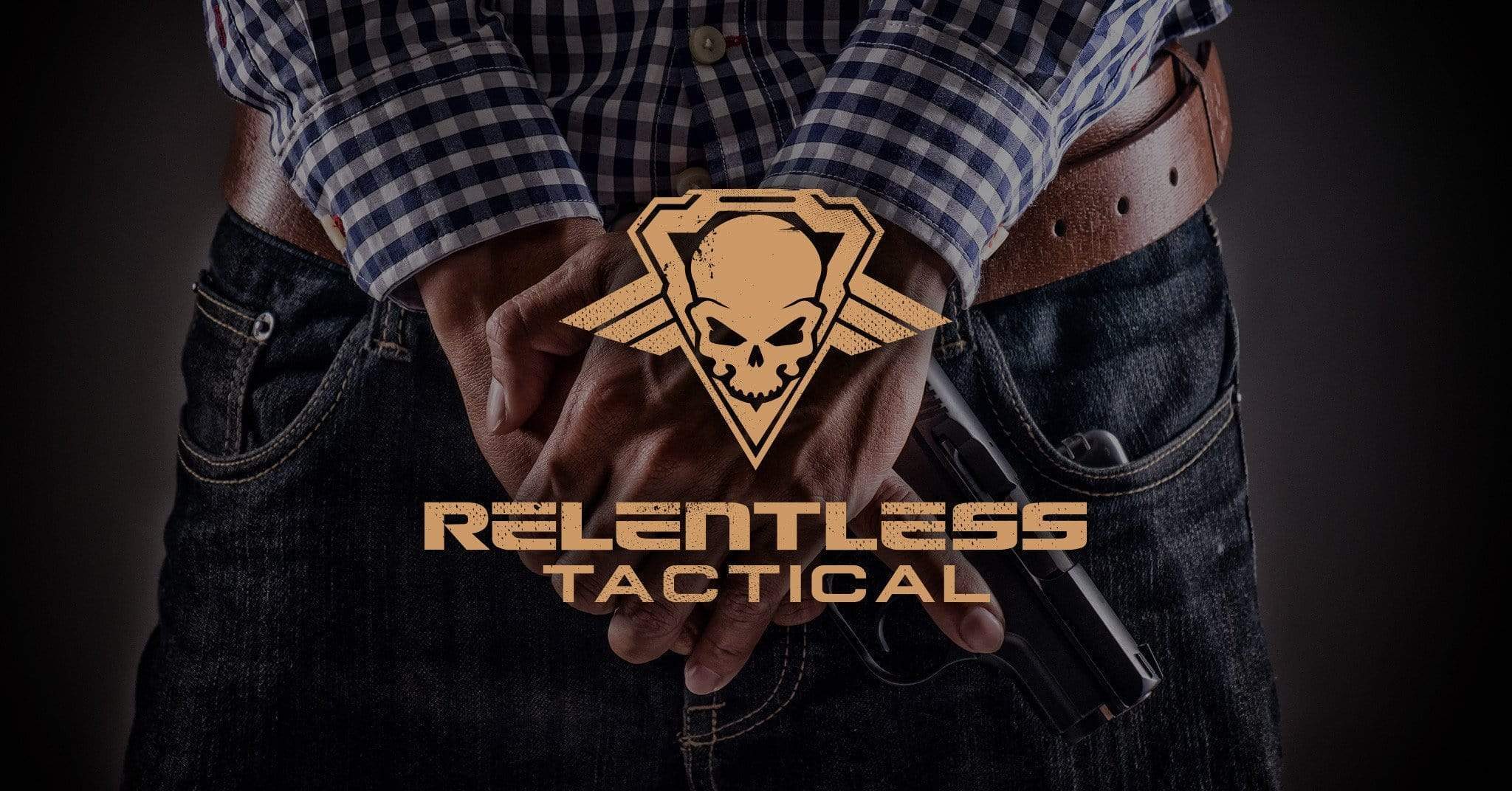
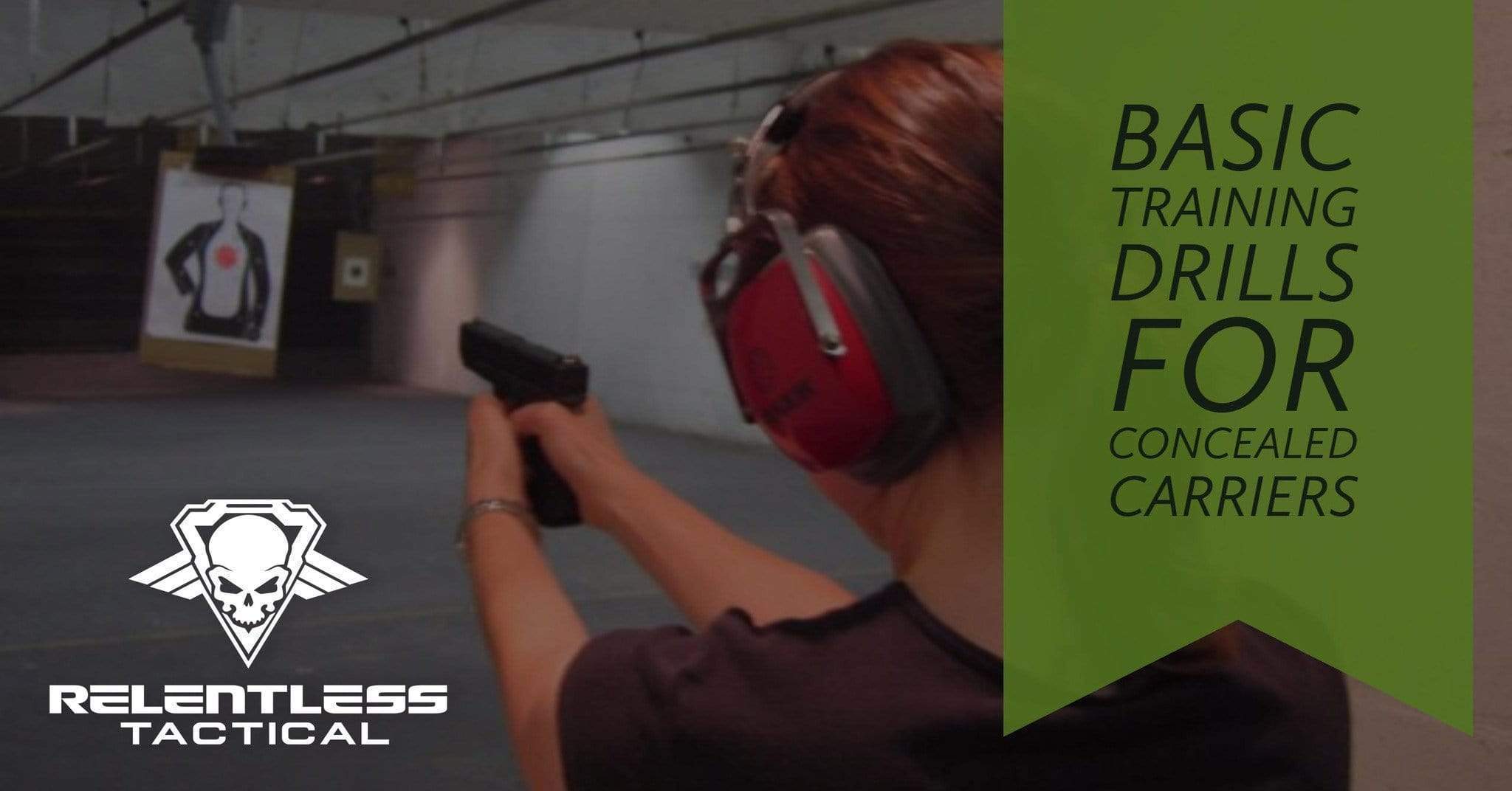
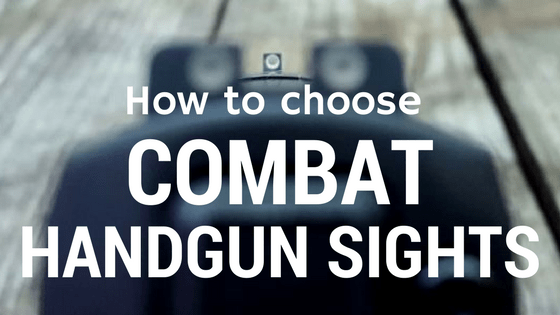
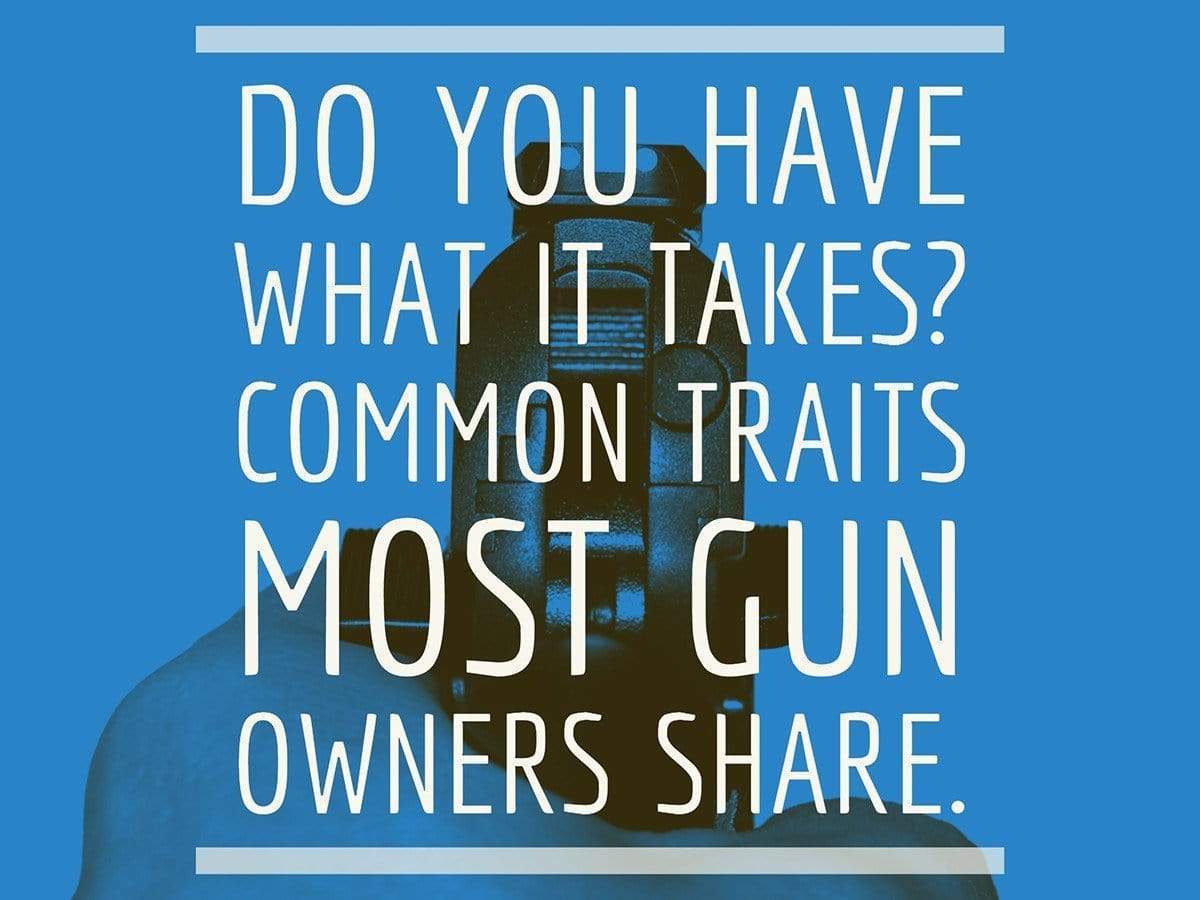
Thank you for this article I truelly was very helpful to this new gun owner . Now I need to find out where I can get hold of a publication of New Hampshire gun laws .